mooie tentoonstelling van fotograaf Korda over Cuba en de maker van portret Che tot 26 juni 2022 in het Cobra Museum, Amstelveen
Versoepeloing sancties
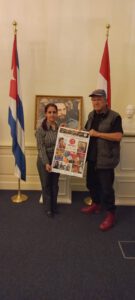
Start aktie " Cuba leeft, Go to Cuba " Ambassade Cuba Den Haag, Anet & Guillermo Willem Veldhoven.


Bezoek aan immigratie Holguin ze zijn zeer content voor wat we allemaal voor Cuba doen

25 december 2021 Willem op weg naar Cuba


Stop de Boycot!!!
Stop de blokkade
Stop de blokkade

-


Reactie van de Minister van Buitenlandse Zaken van Cuba #BrunoRguezP op Twitter:
We verwerpen de ernstige gewelddaden en vandalisme die gisteren plaatsvonden in het Amerikaanse Congres.
Ze zijn een weerspiegeling van de crisis van het systeem en het resultaat van een lange periode van uitsluiting, manipulatie, politieke onverantwoordelijkheid en het aanzetten tot haat.
De schending van de grondwettelijke orde en het gebrek aan respect voor instellingen die door president Trump worden gepromoot om de wil van de kiezers teniet te doen, reproduceert de schandelijke praktijken die de VS hebben gebruikt tegen de rest van de wereld.Si del
Canciller de Cuba #BrunoRguezP en Twitter:“Rechazamos las graves acciones de violencia y vandalismo acontecidas ayer en el Congreso de EE.UU.
Son expresión de la crisis del sistema y resultado de un largo período de exclusión, manipulación, irresponsabilidad política e incitación al odio.
La violación al orden constitucional y el irrespeto a las instituciones promovido por el Presidente Trump para anular la voluntad de los electores, reproduce las prácticas bochornosas que EEUU ha empleado contra el resto del mundo.”
De Laatste dagen van Che
-
Ballade van de Hoeden en de Petten




-
Una película de: “International New Scene from Amberes”. Sobre la clase hay una lucha entre Trabajo y Capital, todavía muy actual. De Wedloop, sobre sombreros y gorras, por Collective Internationale Nieuwe Scene de Amberes, Bélgica. También acción: “Alto al bloqueo inhumano de América contra el pueblo cubano”. Desde 1973 tocamos las canciones en la comunidad de vida-trabajo “Gaiapolis”, en Oegstgeest y baladas de este grupo de música de Teatro completamente gris. El grupo actuó dos veces en nuestra fábrica (Gaiapolis) y yo hice una película de esto. (otro, canciones y baladas y el asesinato del Che, ver en otra parte de este sitio web). La carrera de sombreros y gorras, sobre la lucha de clases del capital contra el trabajo, sigue en marcha. siempre de actualidad y el método por el cual esta canción se representa con imágenes también es muy actual. Diviértete y conciencia política con esta película, gracias a todos los miembros de: Nueva escena internacional. Saludos Guillermo Willem Veldhoven. Diciembre de 2020.
Een film van: “Internationale Nieuwe Scene uit Antwerpen”.
Over de klasse strijdt tussen Arbeid en Kapitaal, nog steeds heel actueel.
De Wedloop, over Hoeden en Petten, door Kollektief Internationale Nieuwe Scene uit Antwerpen, België.
Tevens actie: “Stop de onmenselijke blokkade van Amerika tegen het Cubaanse Volk”.
Vanaf 1973 draaide we in de woon-werkgemeenschap “Gaiapolis”, in Oegstgeest de liederen
en ballades van deze Theatermuziek groep helemaal grijs.
De groep heeft twee keer bij ons (Gaiapolis) in de fabriek opgetreden en hiervan heb ik een film gemaakt.
(een andere, liederen en ballades en de moord op Che, zie elders op deze website).
De wedloop van de Hoeden en Petten, over de klasse strijd van het Kapitaal versus Arbeid, is nog
steeds actueel en de methode waarmee dit lied met beelden wordt weergegeven, is eveneens
zeer actueel.
Veel plezier en politiek bewustzijn met deze film, met dank aan alle leden van :
Internationale Nieuwe Scene. Saludos Guillermo Willem Veldhoven. December 2020.
Che
Geschiedenis van Fidel
Geschiedenis Fidel
History Cuba

Maradona was heel vaak op Cuba en heel bevriend met Fidel en hij was er niet alleen om er af te komen van zijn verslaving maar had veel waardering voor de Cubaanse weg naar Socialisme en hun dagelijkse strijd tegen de Blokkade van de V S van America die al 60 jaar niet willen dat het Socialisme op Cuba zal slagen Zonder blokkade was Cuba het meest welvarende eiland geweest van heel Latijns America . Maradona estaba muy a menudo en Cuba y muy cerca de Fidel y no solo estaba allí para superar su adicción, sino que apreciaba profundamente el camino cubano hacia el socialismo y su lucha diaria contra el bloqueo estadounidense de América que ha existido durante 60 años. años de no querer que el socialismo triunfara en Cuba Sin bloqueo, Cuba habría sido la isla más próspera de toda América Latina.
Fidel vier jaar dood
-
Herdenking van 4 jaar na het overlijden van Fidel in Santiago de Cuba 25 November 2016

-
kinderen in Satiago de Cuba herdenken Fidel Castro en leggen bloemen neer bij zijn graf monument

Yo te vejo
Homage a Fidel
-
1) Promotie over Cuba als vakantie land om dit unieke eiland te bezoeken.
2) Iinformatie over de geschiedenis van Cuba .
3) Info over de 60 jaar durende blokkade van Amerika tegen Cuba en akties om dit te stoppen o.a .petitie tekenen.
4) Medische hulp van Cuba aan diverse landen om het Corona Virus te bestrijden .
5) Internationale Solidairiteit met alle volkeren van de wereld die streven naar een rechtvaardige samenleving.1) Promoción de Cuba como país de destino turistico por excelencia para pasar vacaciones.
2) Información sobre la historia de Cuba.
3) Información sobre el bloqueo de 60 años de Estados Unidos contra Cuba y acciones para detenerlo, incluida la firma de una petición para apoyar el fin el bloqueo.
4) Asistencia médica de Cuba a varios países para combatir el Corona Virus.
5) Solidaridad internacional con todos los pueblos del mundo que luchan por una sociedad justa.
Saludos guillermo Willem veldhoven
De Geschiedenis van Che
Trump weg? Blokkade Cuba weg! Trump fuera. Abajo en bloqueo contra Cuba.
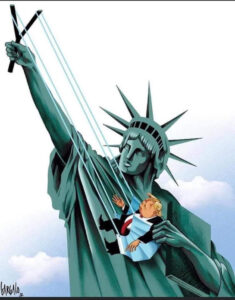
Leids ontsmet

History ofChe
Life in Cuba
Life in Cuba
History of Cuba
History of Cuba
Stop de onmenselijke blokkade tegen Cuba

Che Guevara
Meer over Camilo Cienfuego
ingezonden mededeling
Op naar Den Haag
 Le Marie Marche, Grote Markt, Den Haag
Le Marie Marche, Grote Markt, Den HaagZondag 8 november Streek Markt op Het Plein (achter het binnenhof) Den Haag.
Vanaf 11 uur tot 17.00 uur.
Holanda Pro Cuba is er ook met 20 Pure Rauwe Honing en informatie over Cuba. ( we hangen de Cubaanse vlag uit, als Trump vertrekt…!)
LET OP: GAAT NIET DOOR!!!!
Stop de blokkade!!
The War on Cuba deel 3
The War on Cuba deel 1
The War on Cuba deel2
Stop de Blokkade Nederlandse versie
Stop de Blokkade Spaanse versie
Anti-imperialisme week 5 – 10 oktober 2020
Ingezonden mededeling
Cubaanse son met een Hollandse knipoog
LosBandos speelt de hartverscheurende bolero, de swingende Cubaanse son, chachachá en habanera. Met zo nu en dan een pikante Hollandse tekst. Heerlijke muziek om op te dansen, van te genieten en bij te praten. www.losbandos.nl
Meneer de President – Spaanse versie
Meneer de president slaap zacht!!
STOP DE BLOKKADE NU!!!!!!
Aanbieding Honing
Che Guevara
Film Che
Eindelijk hebben we de 16 mm film van Willem Veldhoven,over de moord op Che Guevara, over kunnen zetten op DVD. Samen met een film van Willem, over de Mariachi Las Tunas Cuba, zitten deze twee, boeiende films in een box voor 10 euro, inclusief verzendkosten.
Pure rauwe Honing
Trailer Yo Soy Fidel
TEKEN de petitie
Informatievideo over Heberprot
Deze documentaire hebben we op Cuba opgenomen en gaat over het Unieke Medicijn Heberprot-P , ter voorkoming van amputatie. Heberprot P is een Cubaans Medicijn voor Diabeten met open wonden. Het is een alternatief tegen amputaties en maakt de mensen niet langer invalide. Op Cuba is de behandeling voor Cubanen gratis en vaak binnen drie maanden is men genezen. Bij mij heeft een ontstoken voet geleid tot amputatie van mijn grote teen en 8 maanden niet kunnen lopen. dit heeft 23.000 euro gekost. Zorgverzekeraars, Specialisten en Artsen, wanneer gaat u met dit Medicijn Heberprot-P aan de slag? Hiermee kunt u amputatie voorkomen en diabeten niet langer invalide maken. Idee en redactie: Stichting Holanda Pro Cuba (Guillermo Willem Veldhoven) Camera en montage: Samuel Perdomo Cuba. Vertaling: Eva Bartlema Leiden Nabewerking en ondertiteling: Amerstudio, Nieuw Vennep. Duur 22 minuten ; Copyright : Stichting HolandaPro Cuba. Informatie: www.holandaprocuba.nl Email: wvcuba@hotmail.com Tell: 06-50994645Zonnebloem
Verboden te verbieden
Instrumenten gevraagd
 Instrumenten gevraagd voor kinderen project op Cuba.
Met deze kinderen van de Mariachi:
Los aztecas del balcon, hebben we een nieuwe CD opgenomen
t.w, La Paloma Wendy. (24 nummers)
Zij vertolken op een zeer bijzondere manier de Mariachi Liederen op Cuba-Las Tunas.
Voor deze groep zoeken wij verschillende instrumenten, o.a. Viool, Accordeon, Gitaar , trompet en Laptop.
Graag uw reactie naar wvcuba@Hotmail.com of naar Willem 06-50994645.
Hartelijk dank.
Willem Veldhoven.
Instrumenten gevraagd voor kinderen project op Cuba.
Met deze kinderen van de Mariachi:
Los aztecas del balcon, hebben we een nieuwe CD opgenomen
t.w, La Paloma Wendy. (24 nummers)
Zij vertolken op een zeer bijzondere manier de Mariachi Liederen op Cuba-Las Tunas.
Voor deze groep zoeken wij verschillende instrumenten, o.a. Viool, Accordeon, Gitaar , trompet en Laptop.
Graag uw reactie naar wvcuba@Hotmail.com of naar Willem 06-50994645.
Hartelijk dank.
Willem Veldhoven.
Casa Particular in Las Tunas
 Heeft u plannen om naar Cuba te gaan?Vlieg dan eens op Holguin en neem een taxi naar Las Tunas, 80 km erop..Een gezellig bruisend stadje in het Oosten van Cuba.Bij Alex en Dania kunt u een fijne kamer huren, dicht bij het centrumAdres: Frank Pais 55Las Tunas. tell movil: 54 865768Casa/huis tell 31 347503
Heeft u plannen om naar Cuba te gaan?Vlieg dan eens op Holguin en neem een taxi naar Las Tunas, 80 km erop..Een gezellig bruisend stadje in het Oosten van Cuba.Bij Alex en Dania kunt u een fijne kamer huren, dicht bij het centrumAdres: Frank Pais 55Las Tunas. tell movil: 54 865768Casa/huis tell 31 347503Nieuwe CD, aanrader!
USB sticks gevraagd
Remember Juan Gabriel
- Wanneer u twee of meer producten bestelt dan krijgt u deze film gratis toegestuurd.
Documentaires over Fidel
Ingezonden
Hommage
Yo te vejo

Reuzenzonnebloemen

Stop de blokkade

-

STOPDE BOYCOT!!!
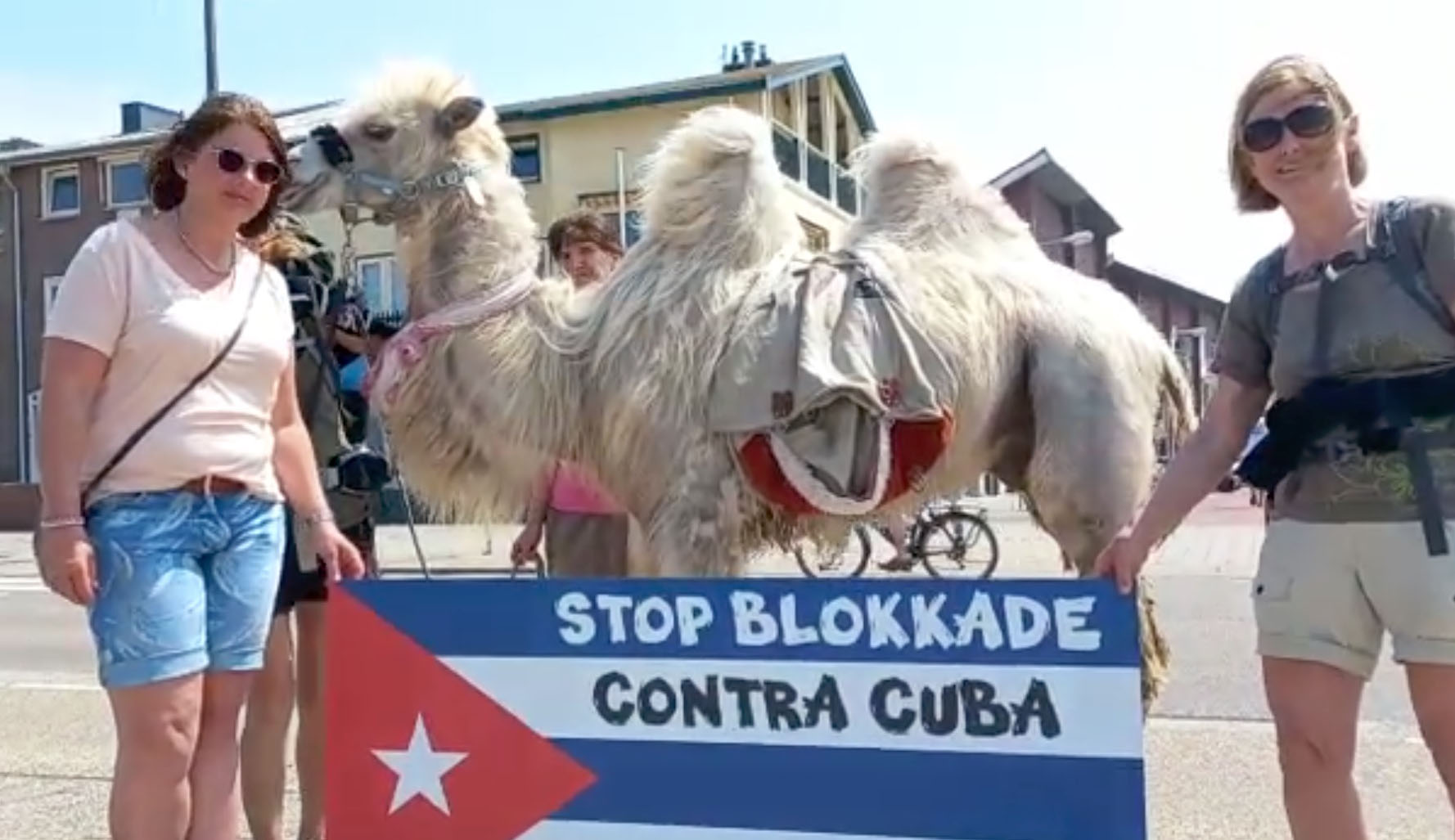 kameel
kameel WhatsApp Image 2021-06-03 at 16.40.33
WhatsApp Image 2021-06-03 at 16.40.33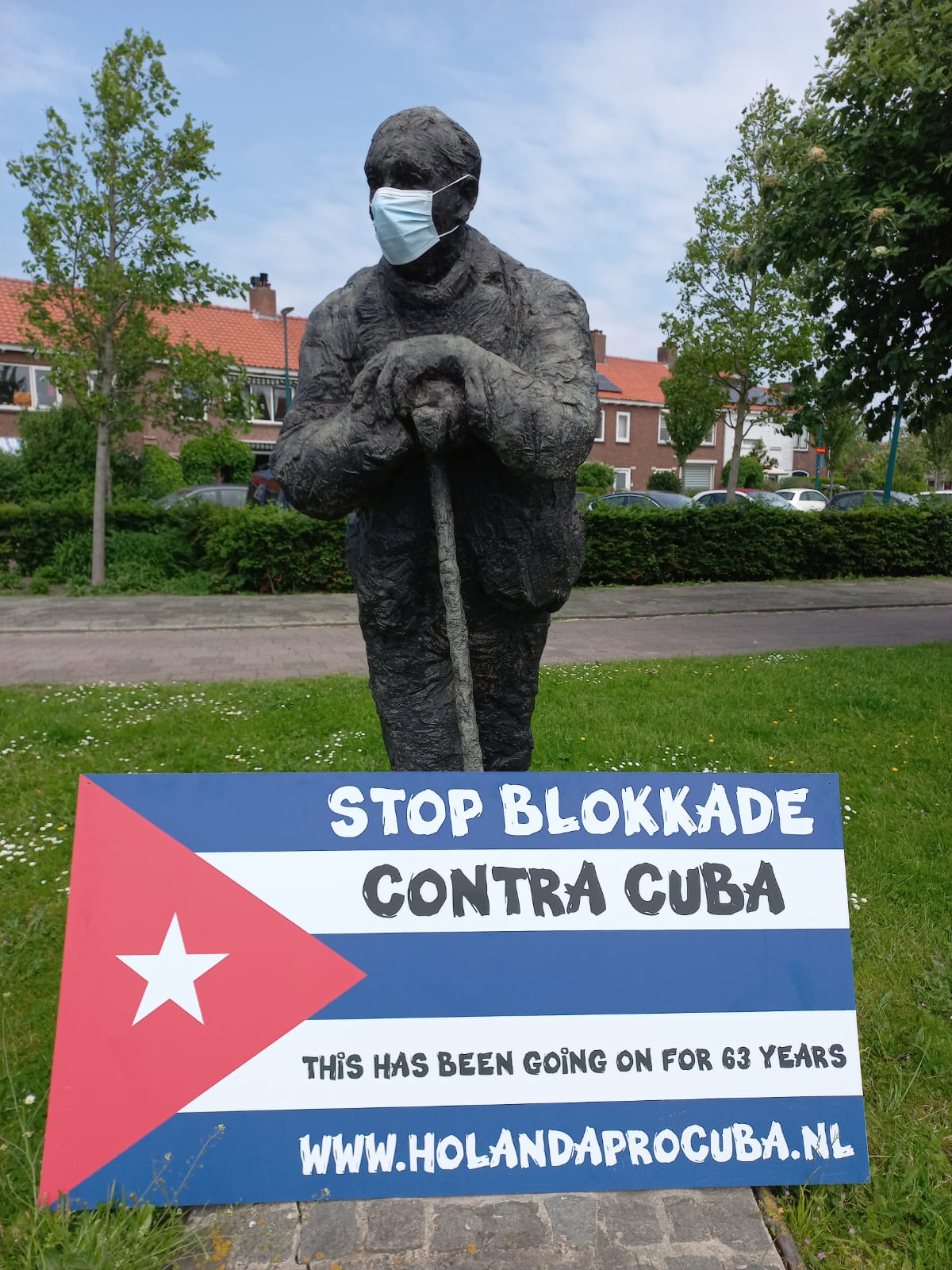 WhatsApp Image 2021-06-03 at 16.40.35
WhatsApp Image 2021-06-03 at 16.40.35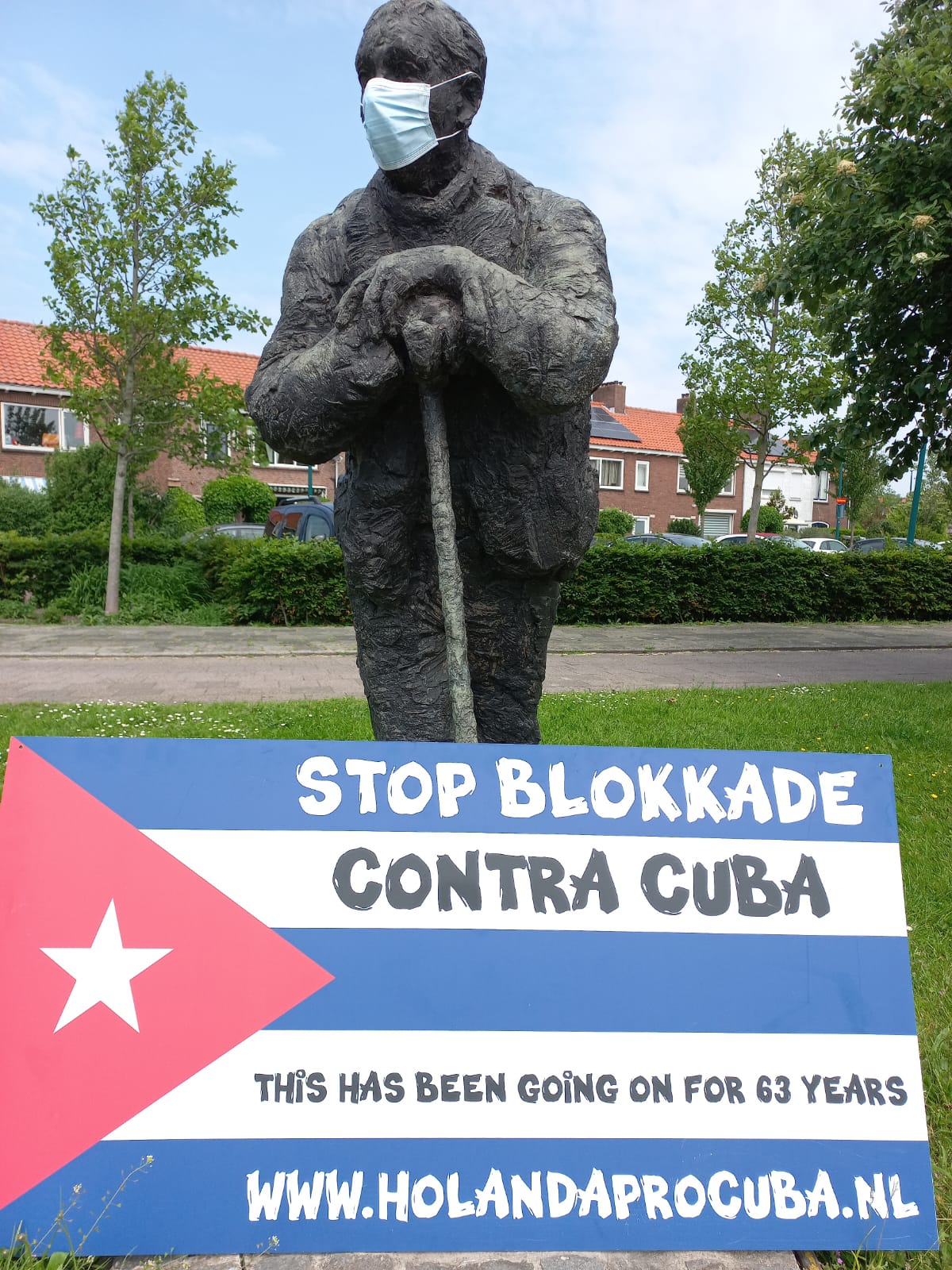 WhatsApp Image 2021-06-03 at 16.40.39
WhatsApp Image 2021-06-03 at 16.40.39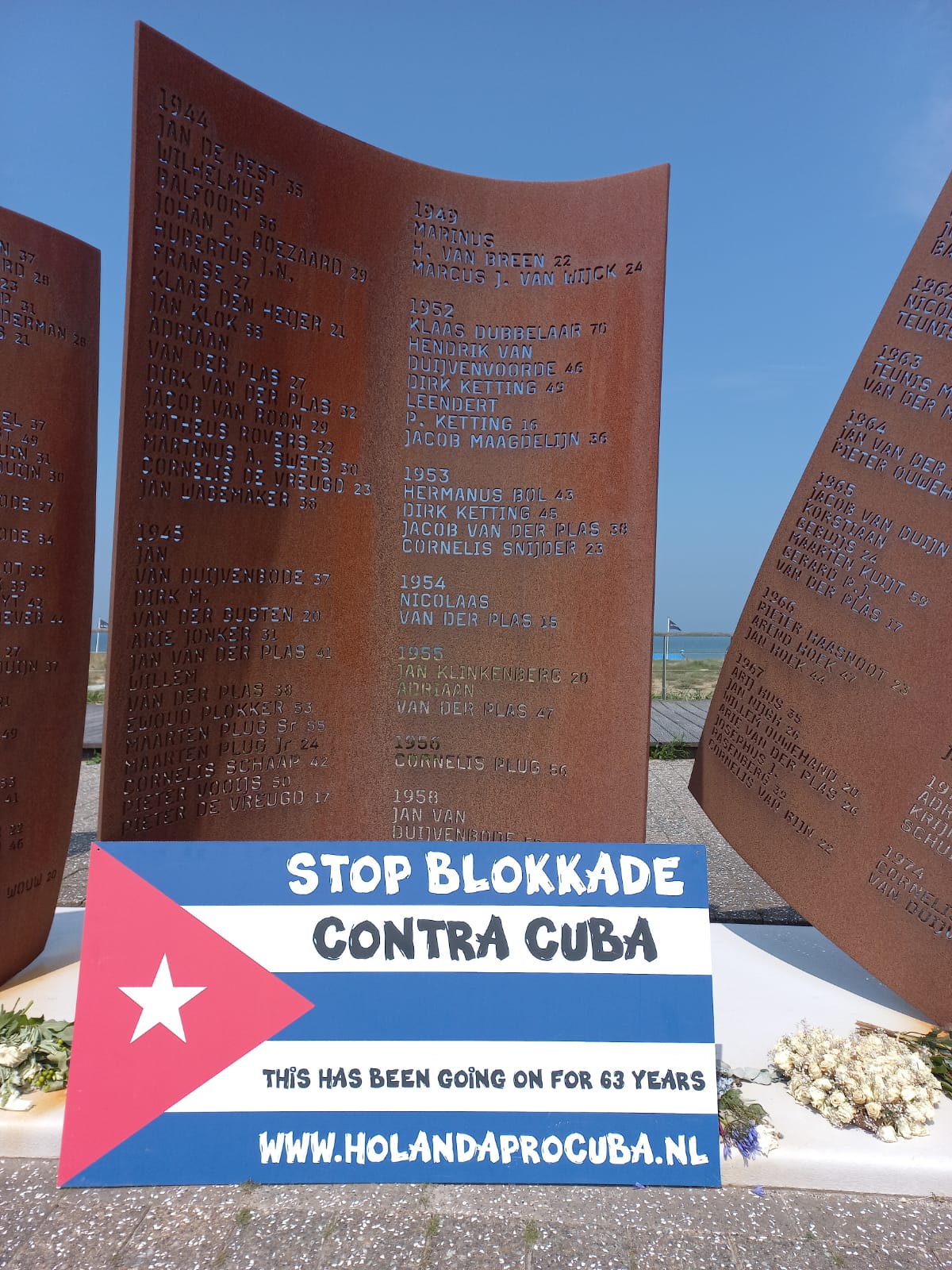 WhatsApp Image 2021-06-03 at 16.40.39-3
WhatsApp Image 2021-06-03 at 16.40.39-3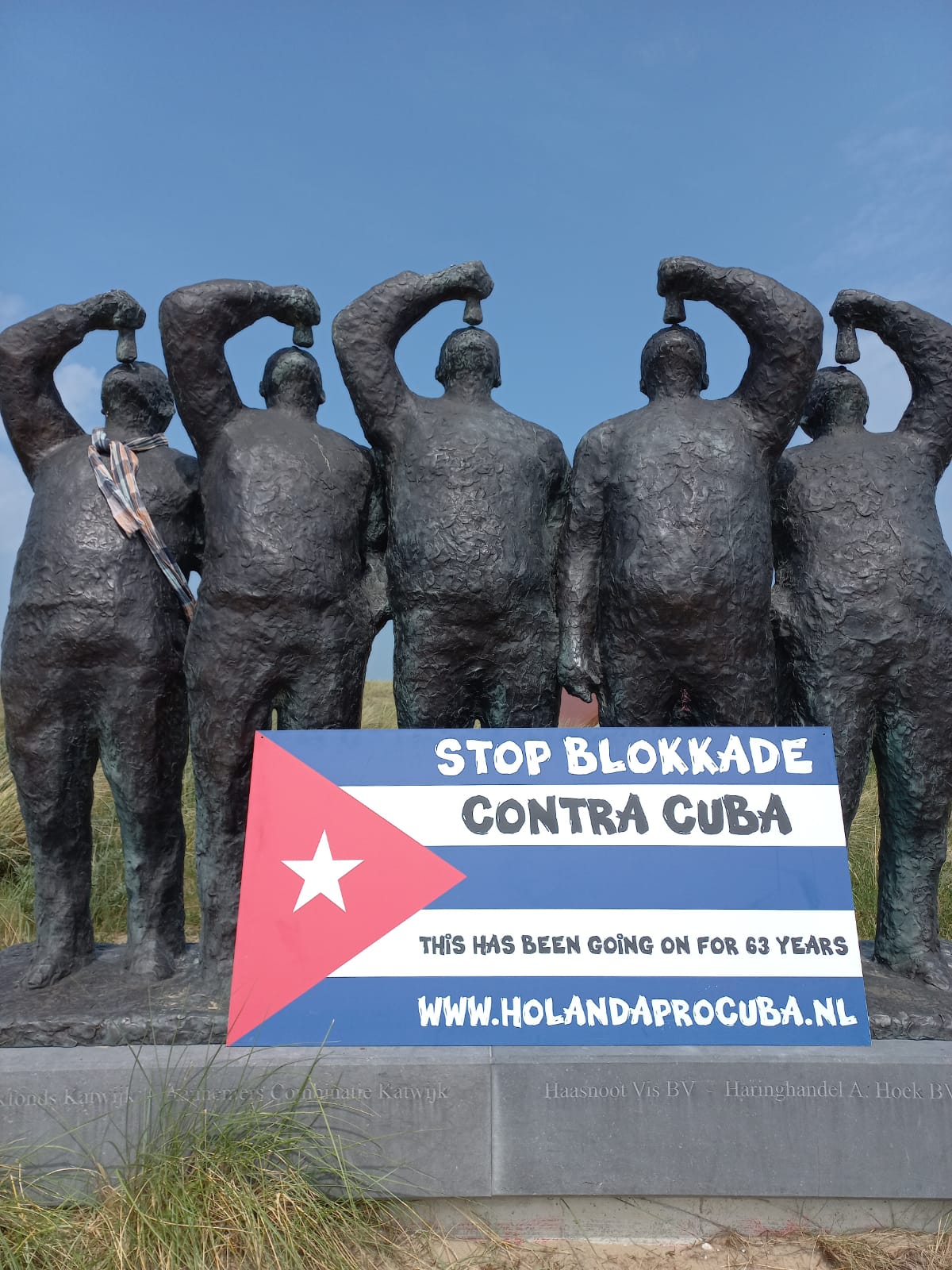 WhatsApp Image 2021-06-03 at 16.40.40
WhatsApp Image 2021-06-03 at 16.40.40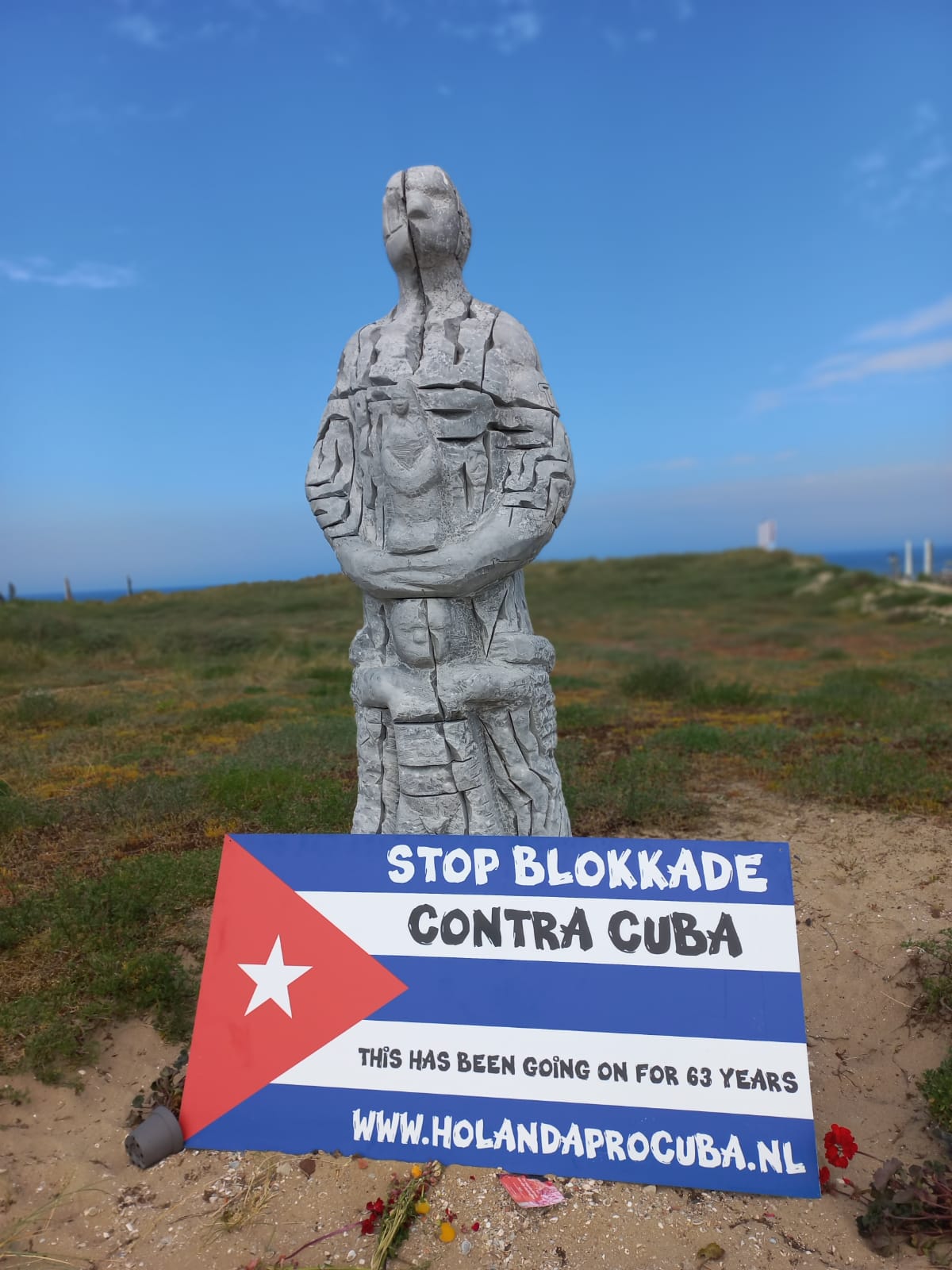 WhatsApp Image 2021-06-03 at 16.40.40-2
WhatsApp Image 2021-06-03 at 16.40.40-2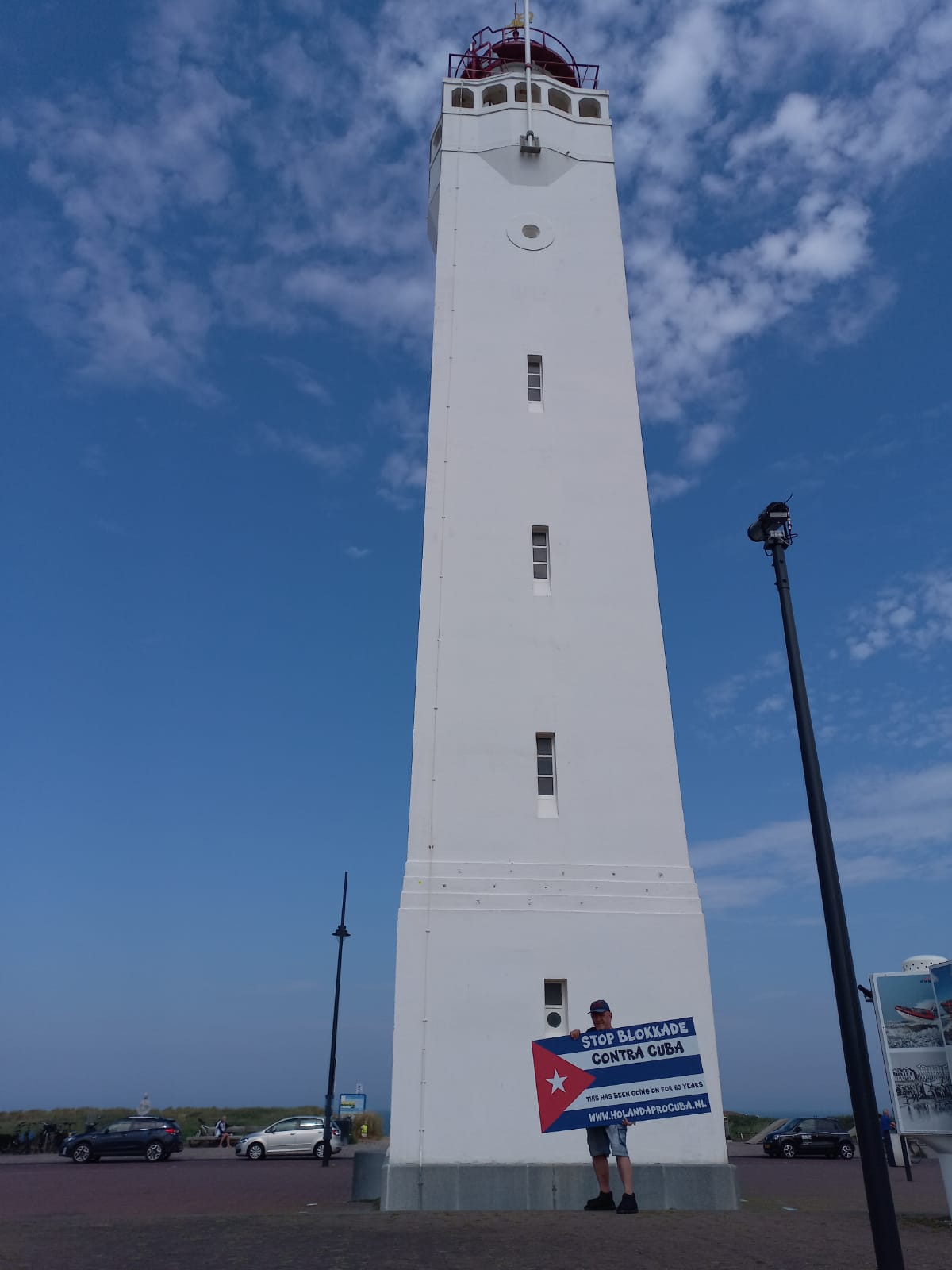 WhatsApp Image 2021-06-03 at 16.40.40-3
WhatsApp Image 2021-06-03 at 16.40.40-3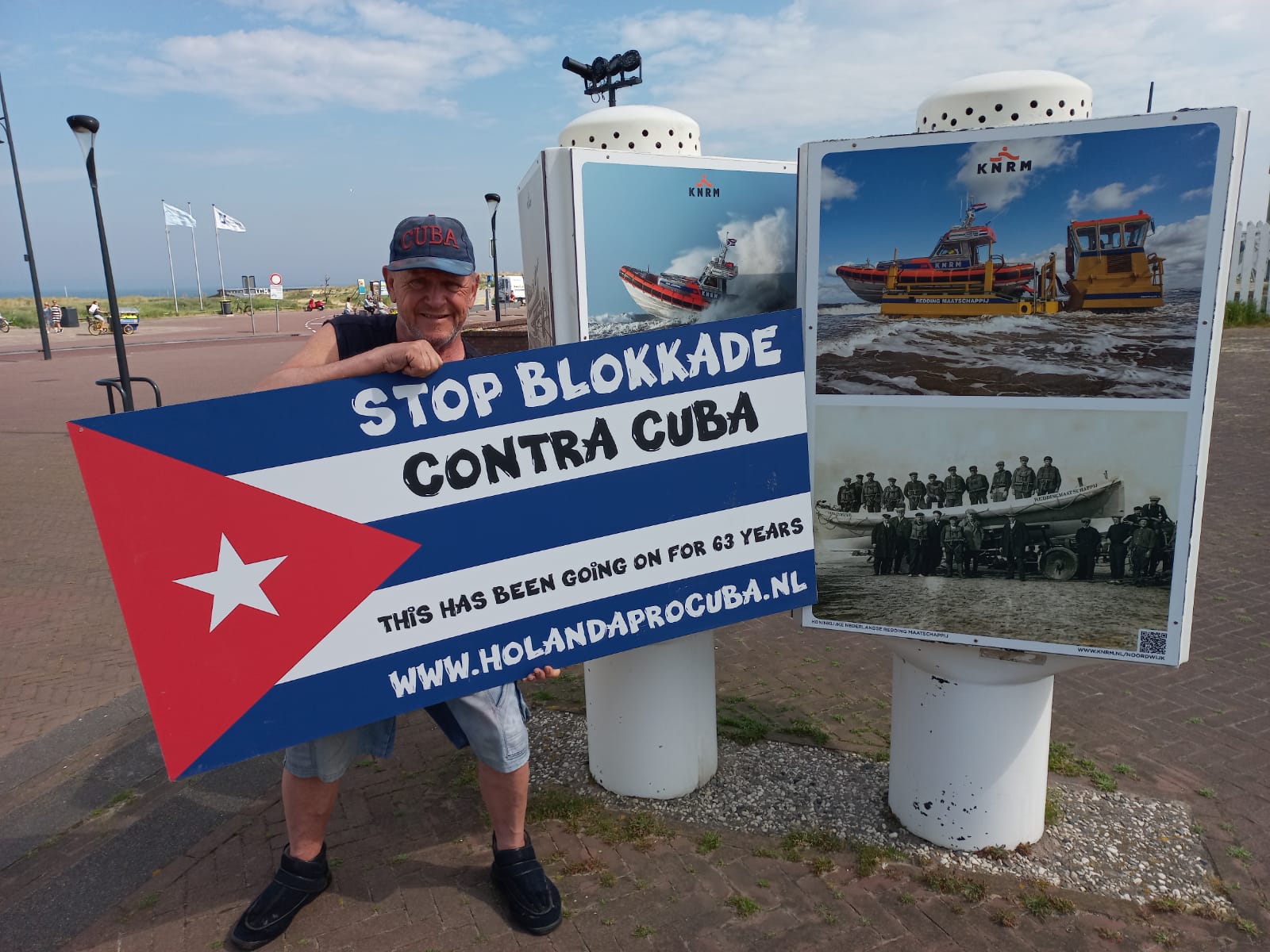 WhatsApp Image 2021-06-03 at 16.40.41
WhatsApp Image 2021-06-03 at 16.40.41 WhatsApp Image 2021-06-03 at 16.40.41-2
WhatsApp Image 2021-06-03 at 16.40.41-2 WhatsApp Image 2021-05-24 at 12.23.30
WhatsApp Image 2021-05-24 at 12.23.30 WhatsApp Image 2021-05-24 at 12.23.30-2
WhatsApp Image 2021-05-24 at 12.23.30-2 WhatsApp Image 2021-05-24 at 12.23.30-3
WhatsApp Image 2021-05-24 at 12.23.30-3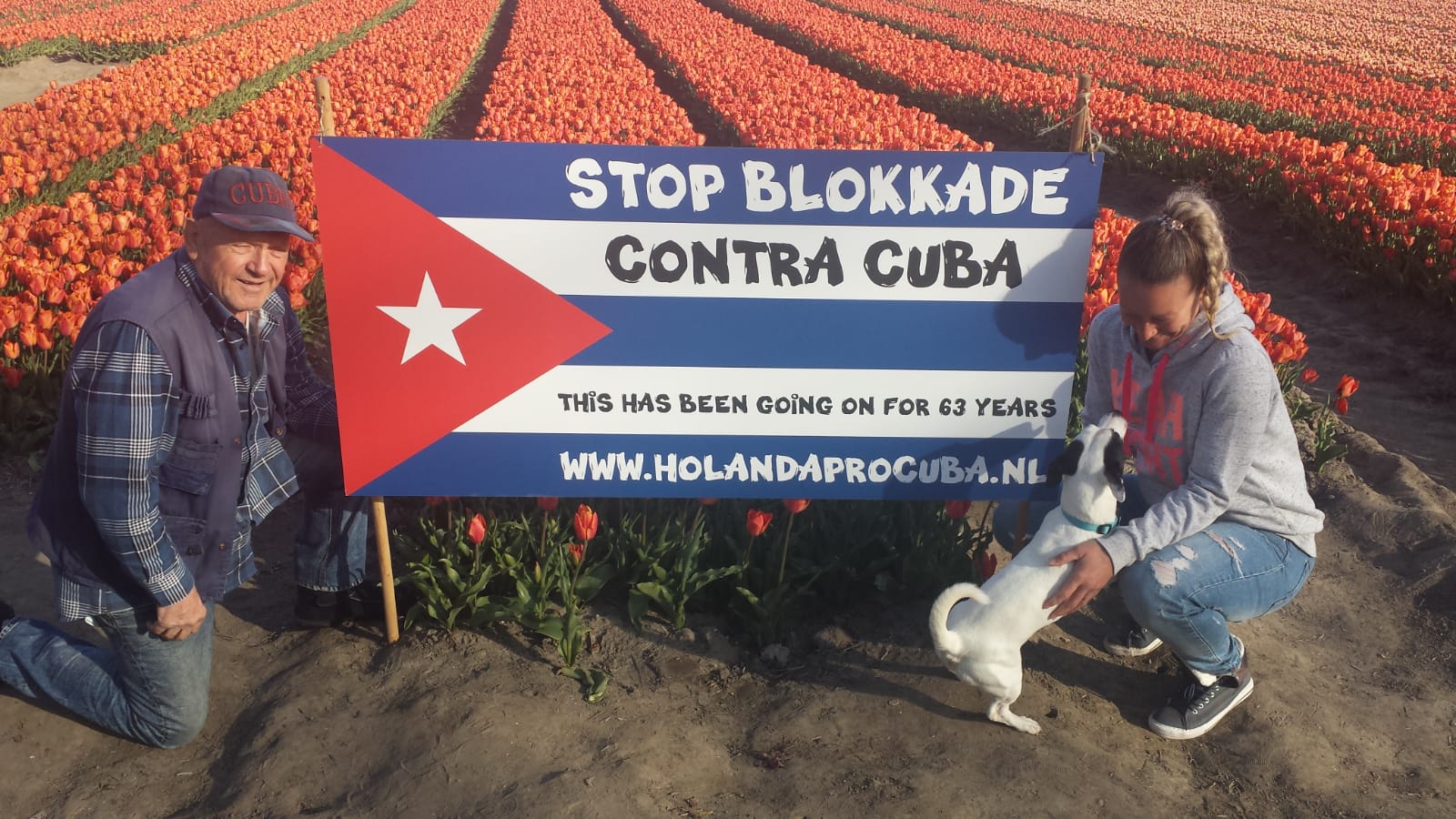 WhatsApp Image 2021-05-24 at 12.23.31
WhatsApp Image 2021-05-24 at 12.23.31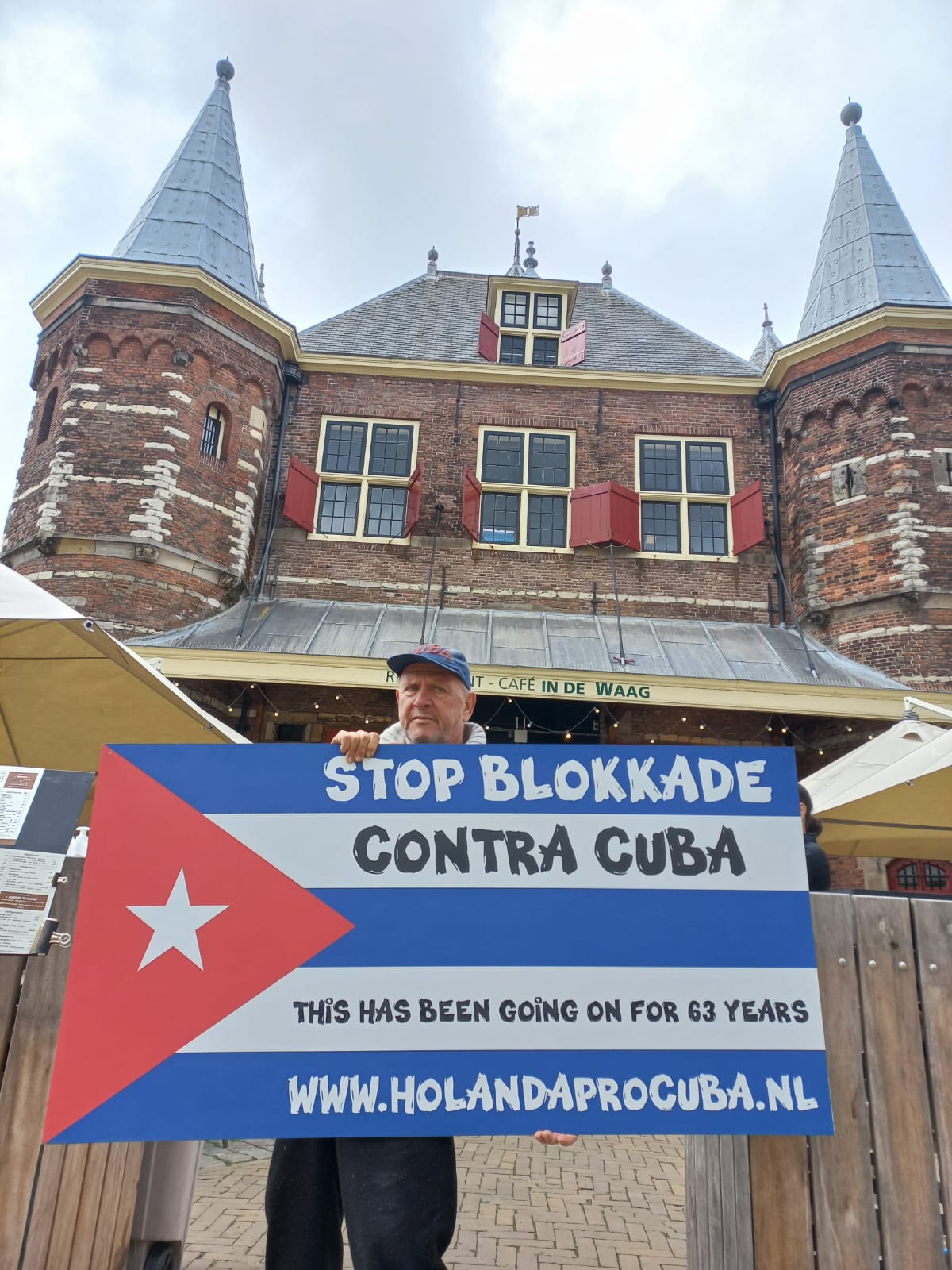 WhatsApp Image 2021-05-24 at 12.23.31-2
WhatsApp Image 2021-05-24 at 12.23.31-2 WhatsApp Image 2021-05-24 at 12.23.31-3
WhatsApp Image 2021-05-24 at 12.23.31-3 WhatsApp Image 2021-05-24 at 12.23.31-4
WhatsApp Image 2021-05-24 at 12.23.31-4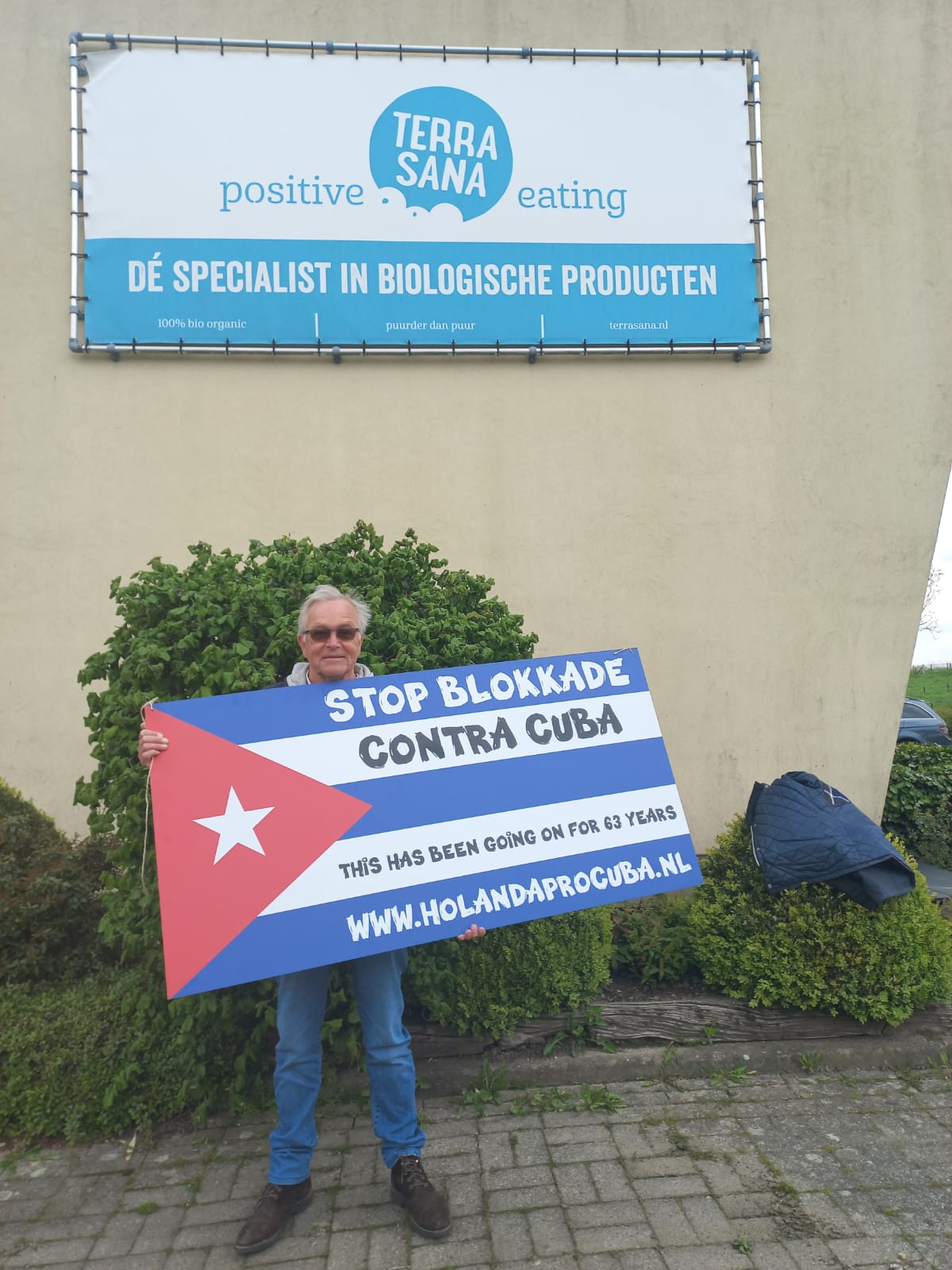 WhatsApp Image 2021-05-24 at 12.23.31-5
WhatsApp Image 2021-05-24 at 12.23.31-5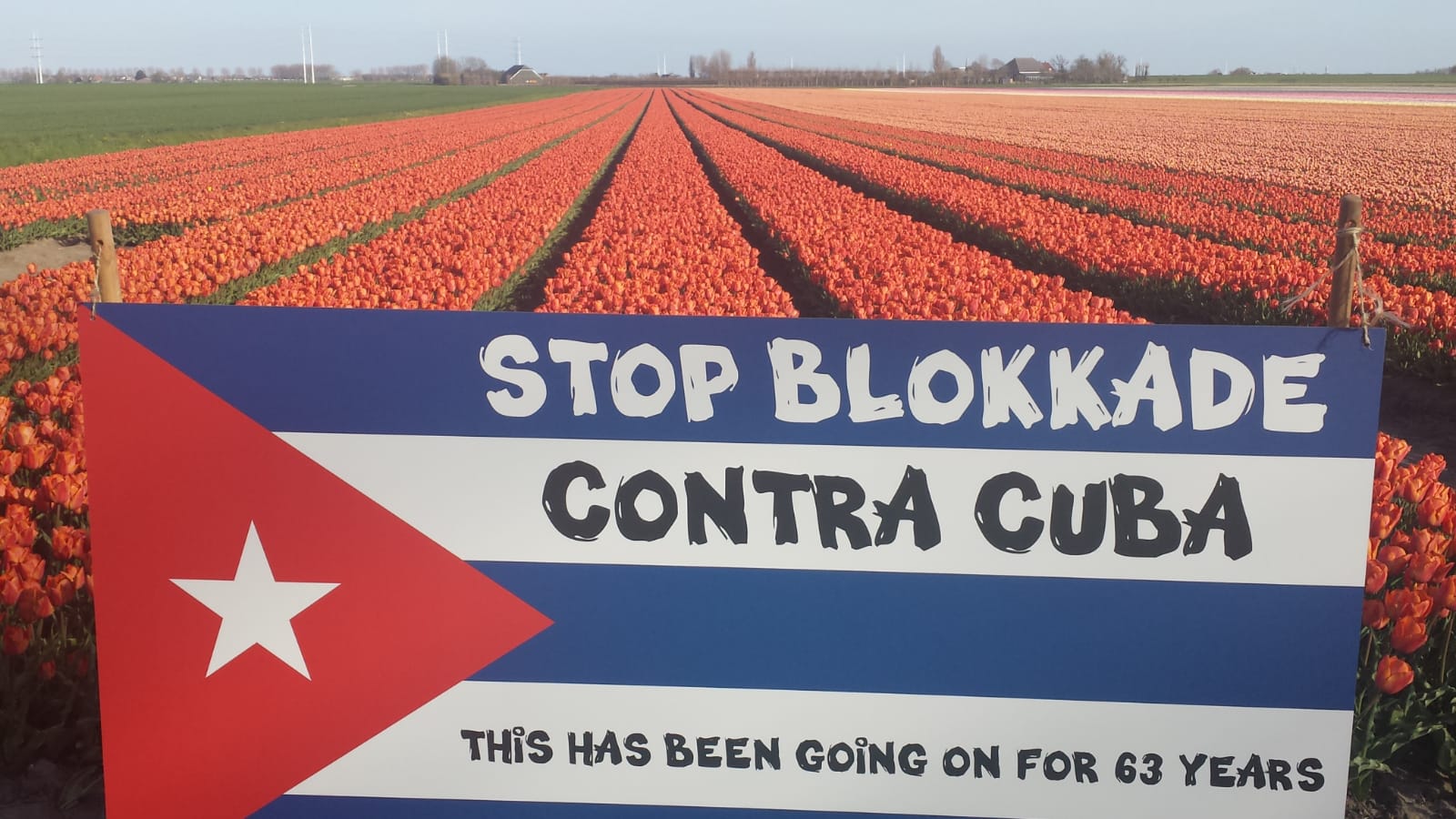 WhatsApp Image 2021-05-24 at 12.23.32
WhatsApp Image 2021-05-24 at 12.23.32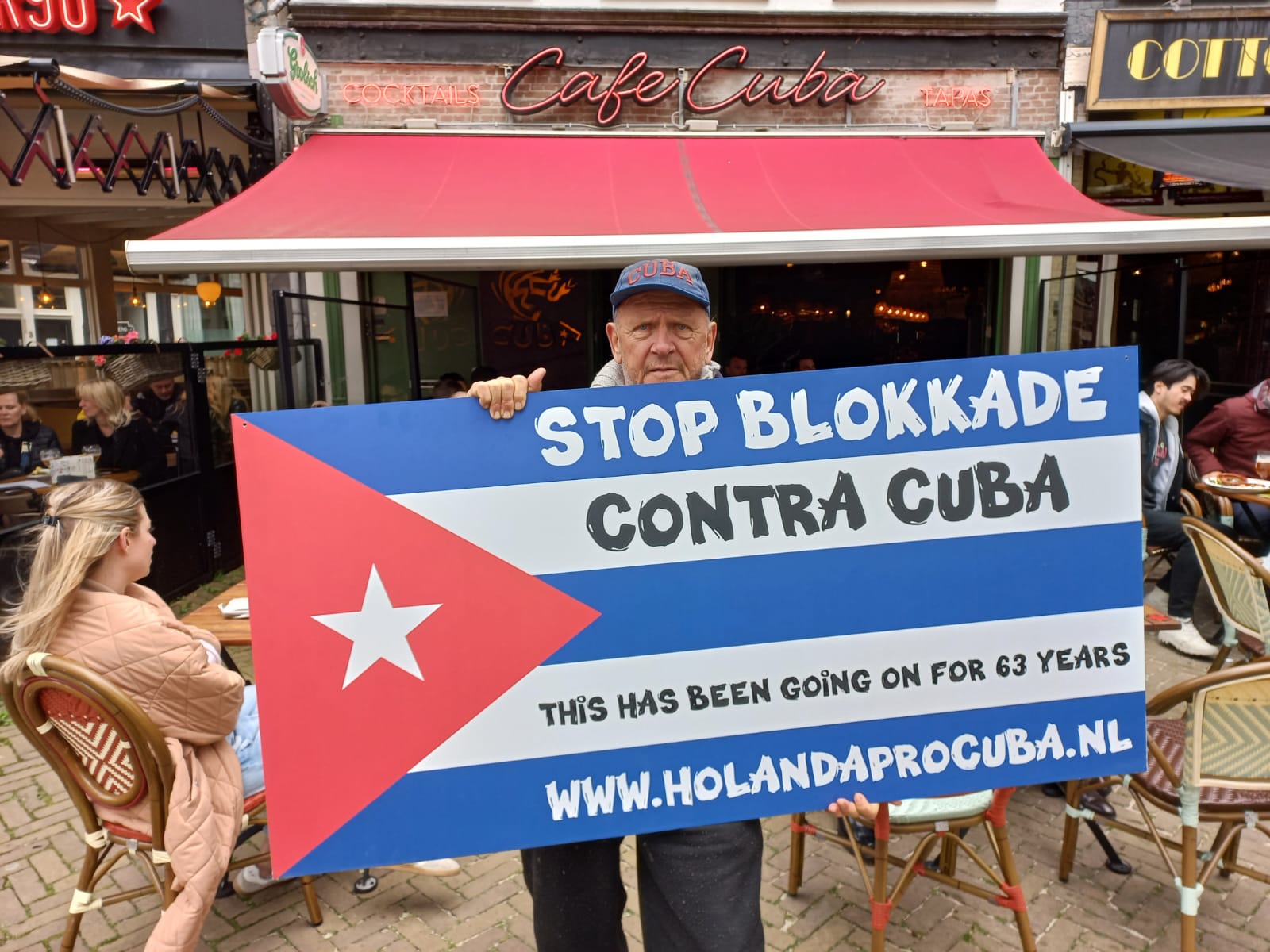 WhatsApp Image 2021-05-24 at 12.23.32-2
WhatsApp Image 2021-05-24 at 12.23.32-2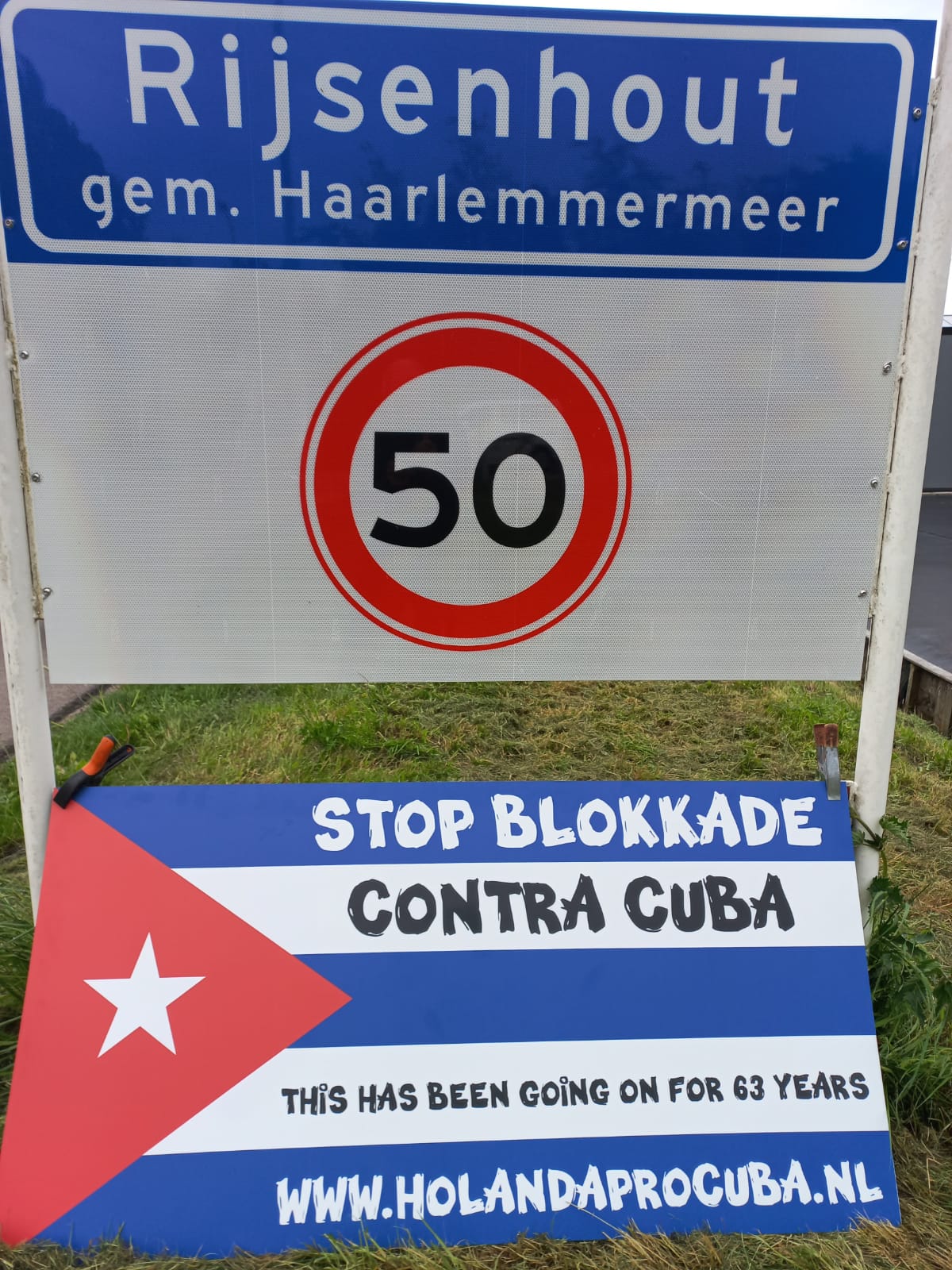 WhatsApp Image 2021-05-24 at 12.23.32-3
WhatsApp Image 2021-05-24 at 12.23.32-3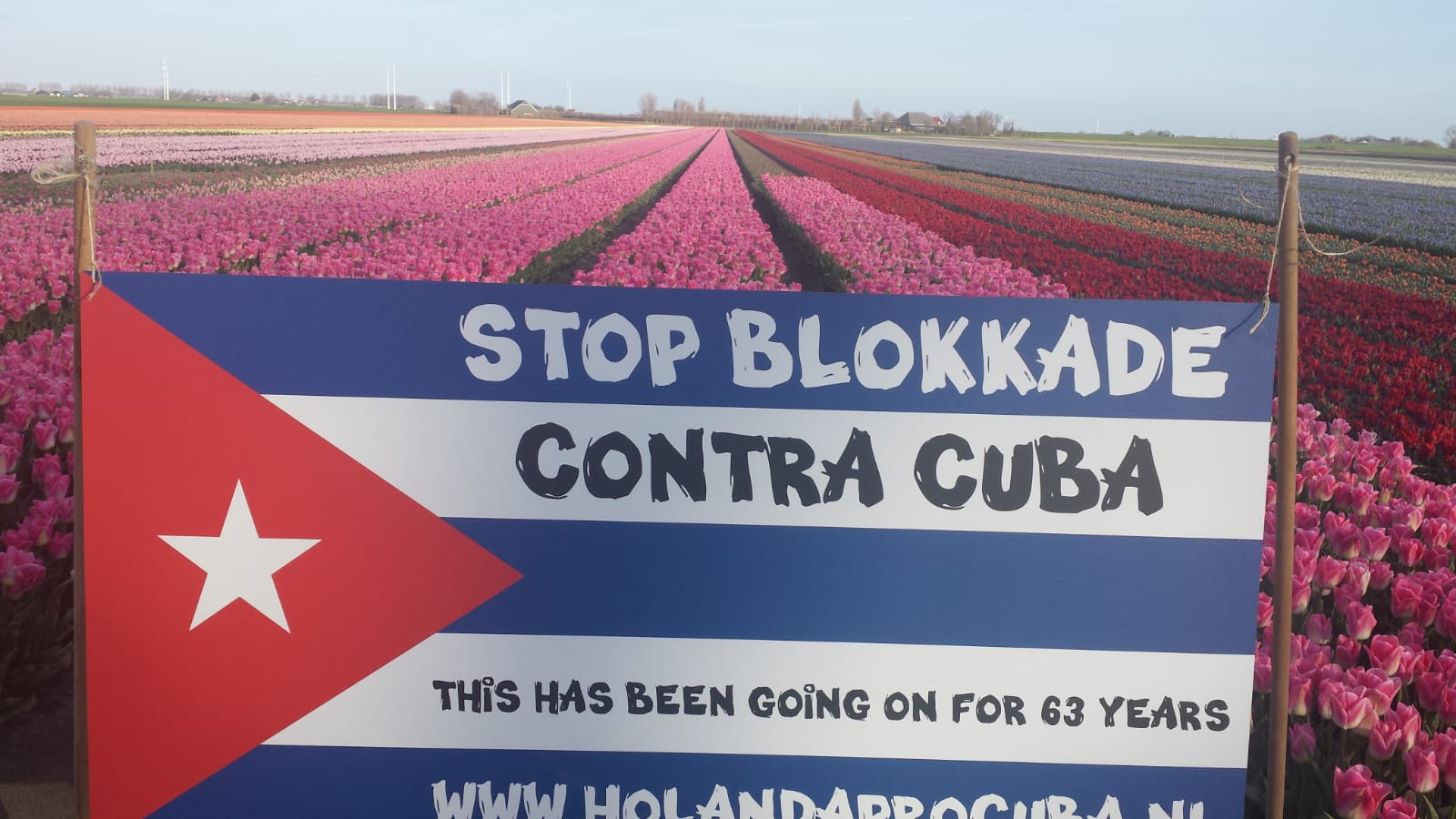 WhatsApp Image 2021-05-24 at 12.23.32-4
WhatsApp Image 2021-05-24 at 12.23.32-4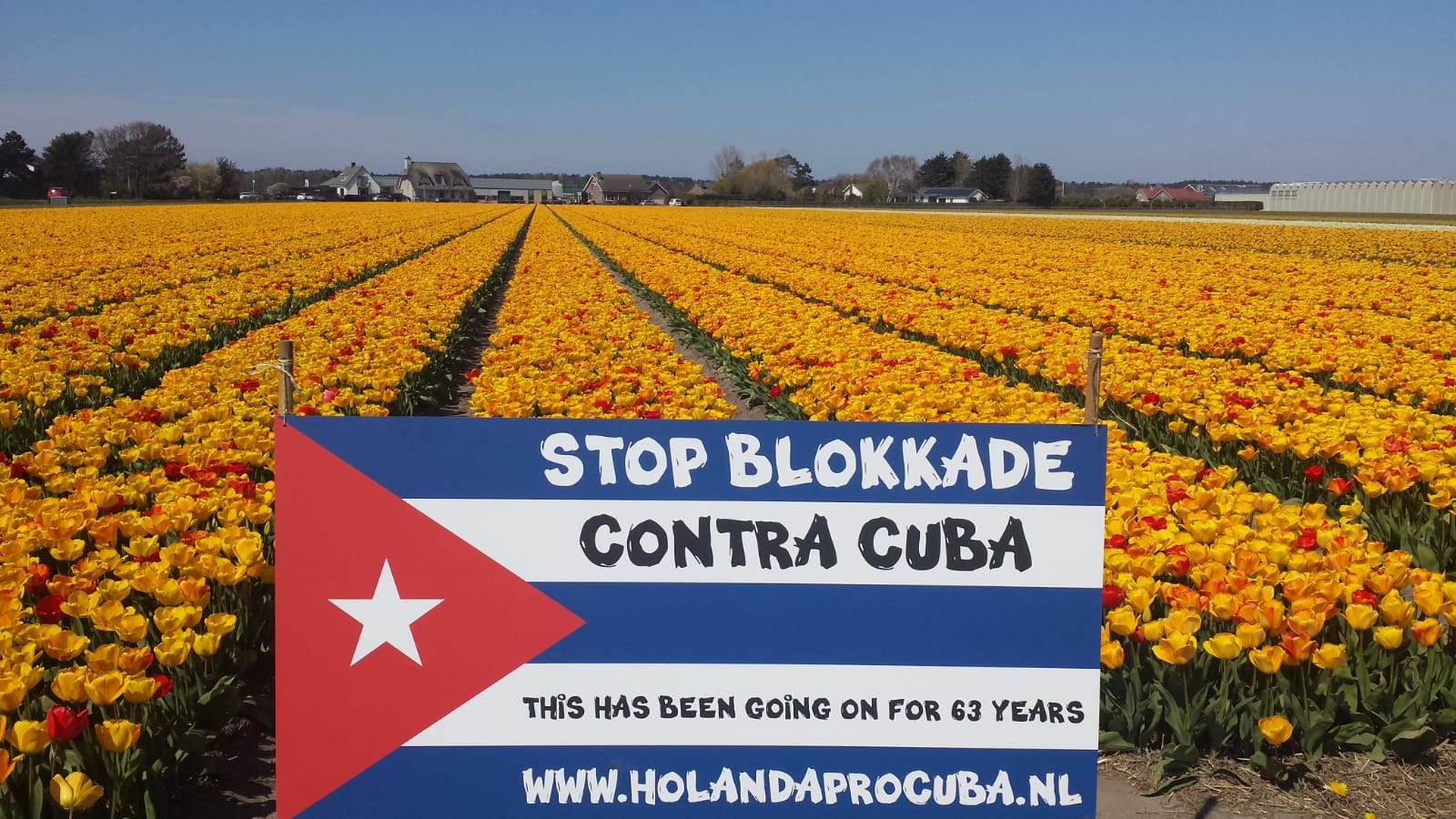 WhatsApp Image 2021-05-24 at 12.23.32-5
WhatsApp Image 2021-05-24 at 12.23.32-5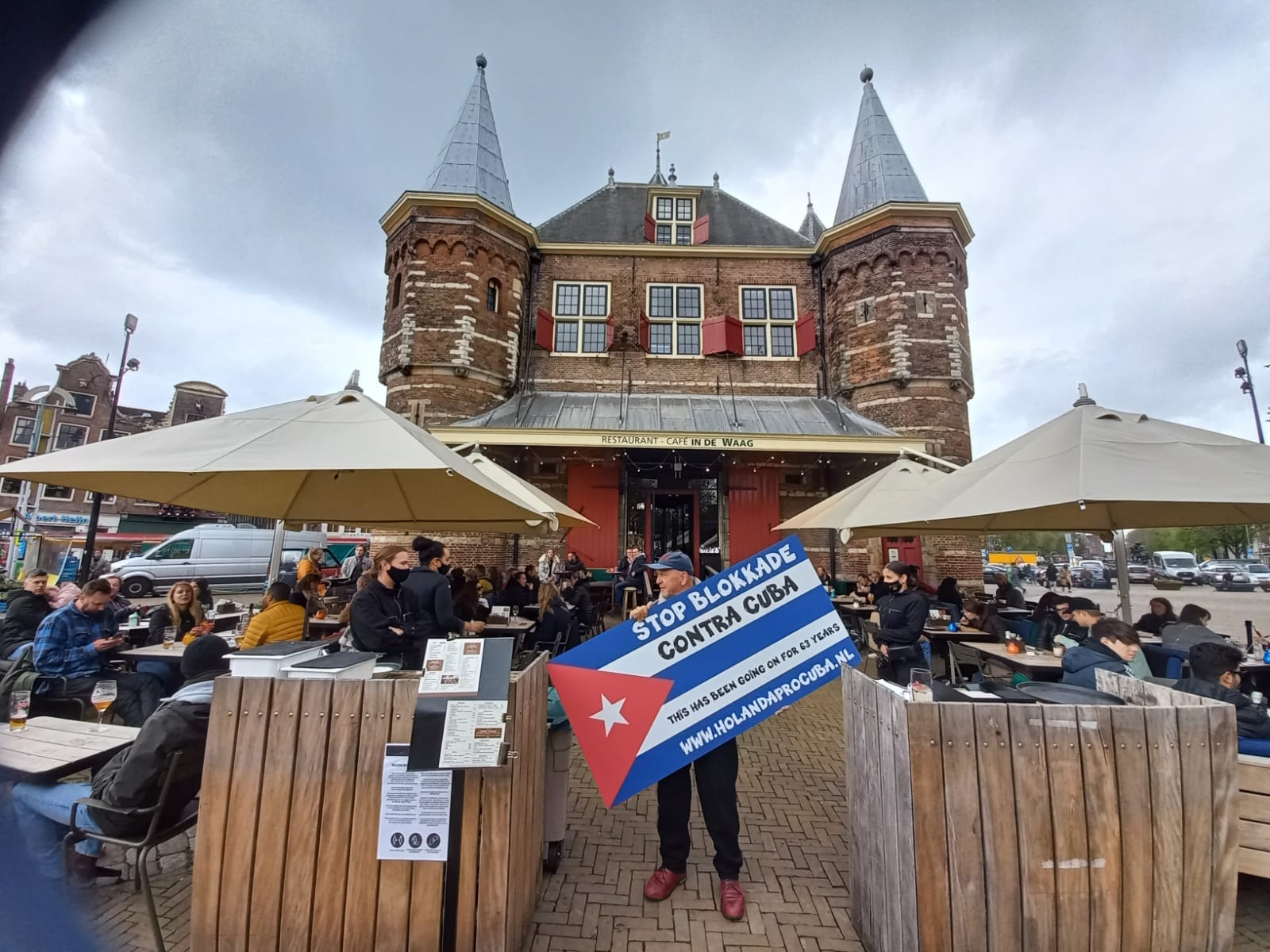 WhatsApp Image 2021-05-24 at 12.23.33
WhatsApp Image 2021-05-24 at 12.23.33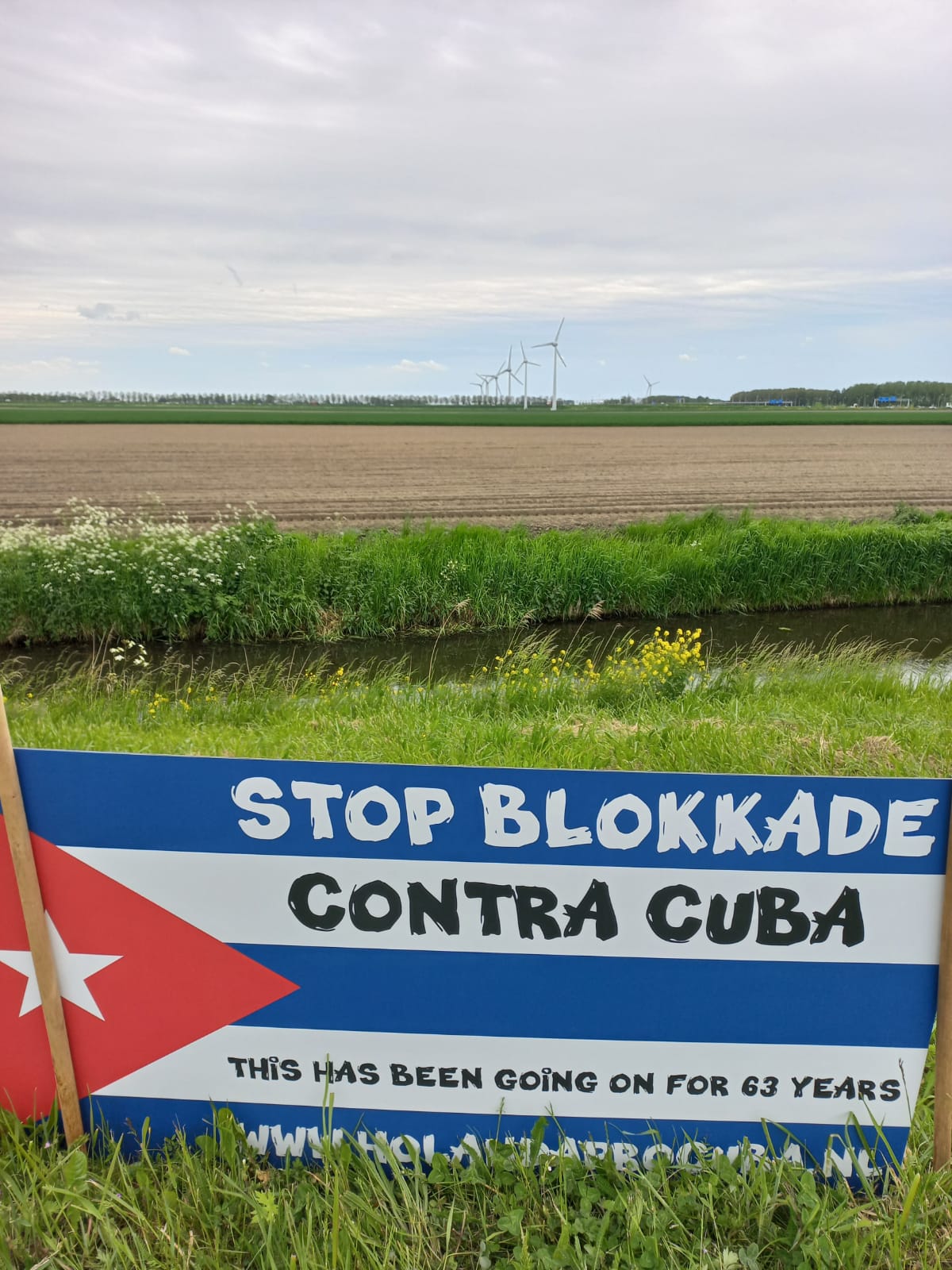 WhatsApp Image 2021-05-24 at 12.23.33-2
WhatsApp Image 2021-05-24 at 12.23.33-2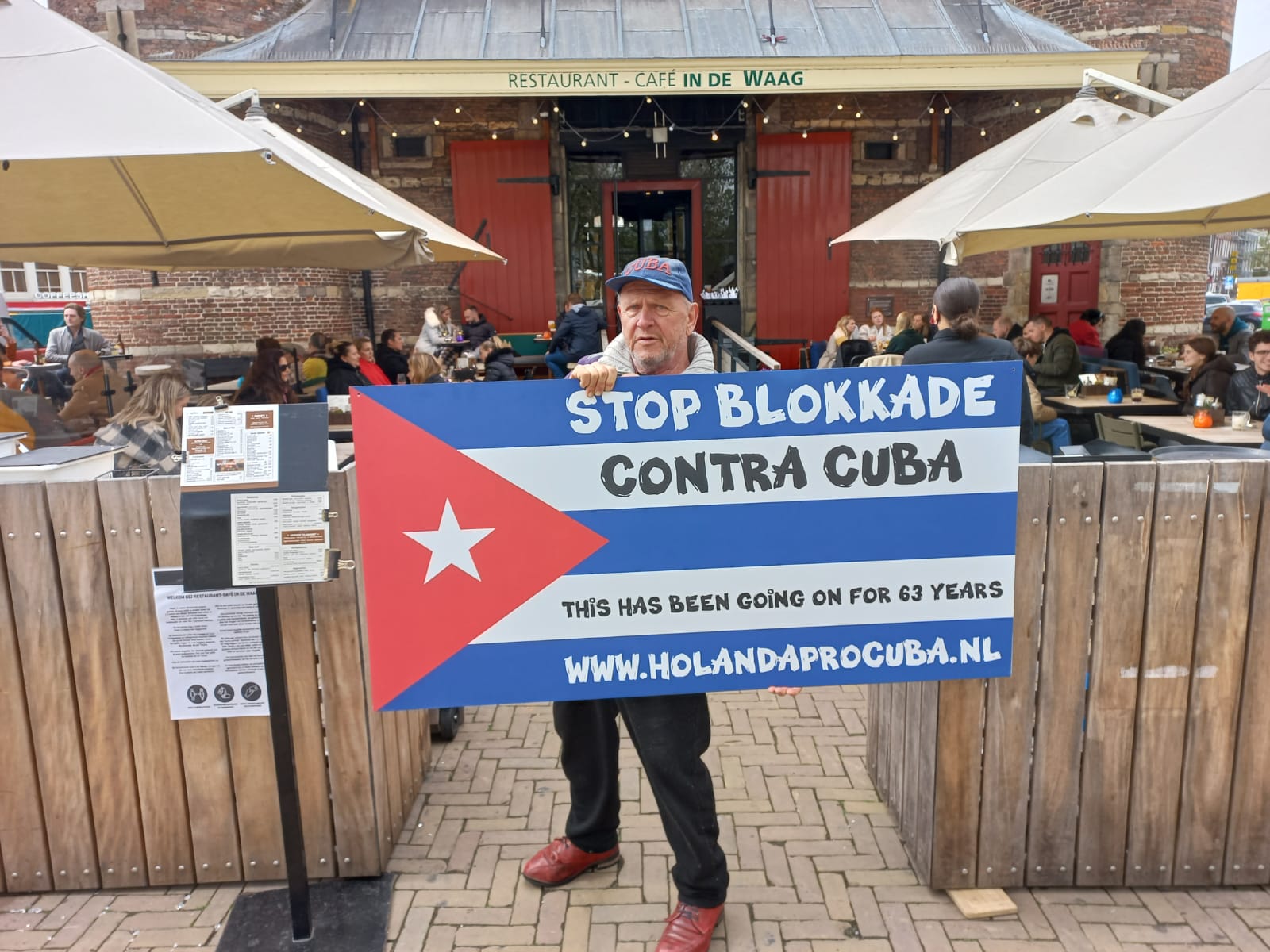 WhatsApp Image 2021-05-24 at 12.23.33-3
WhatsApp Image 2021-05-24 at 12.23.33-3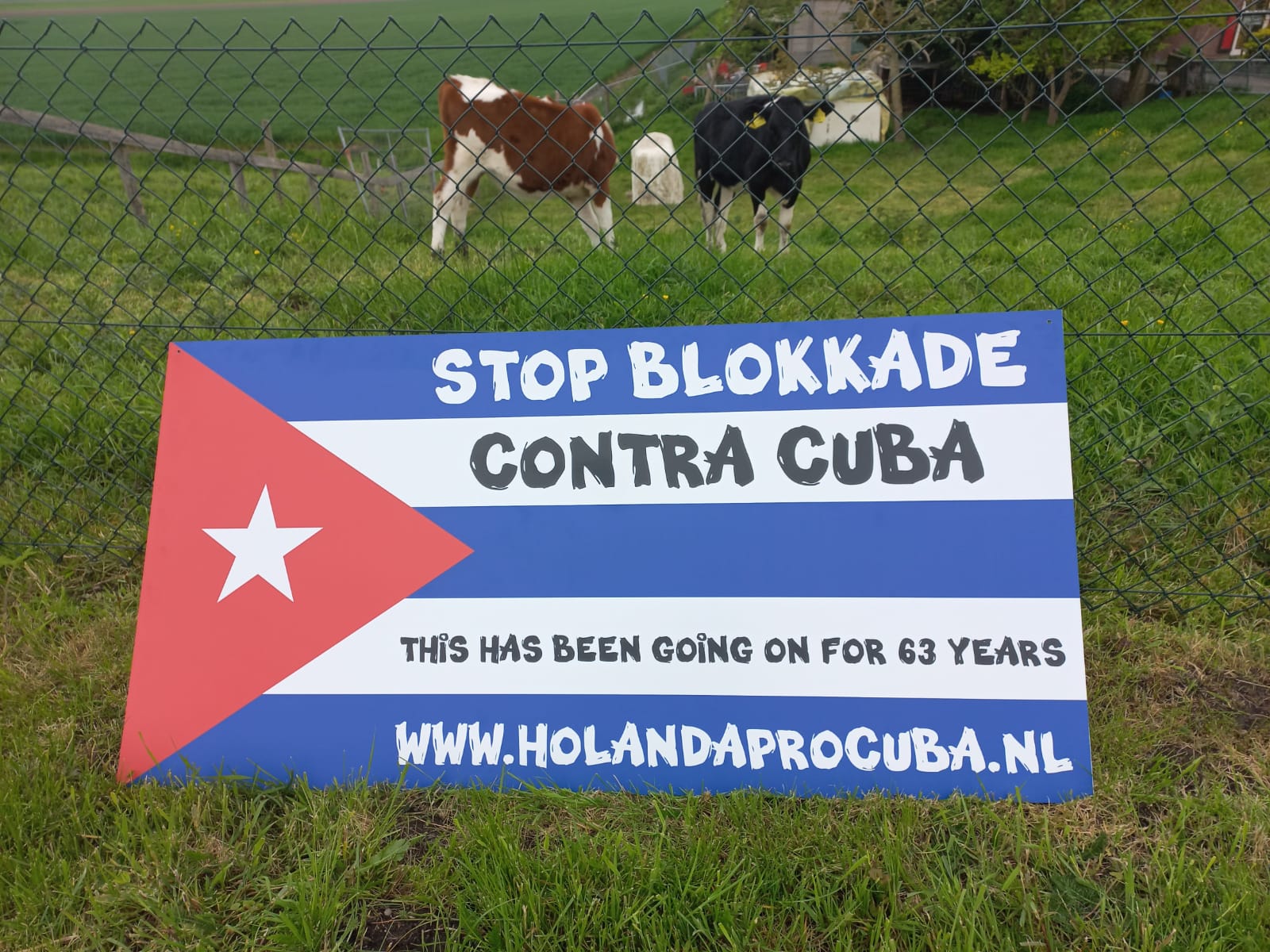 WhatsApp Image 2021-05-20 at 19.16.19
WhatsApp Image 2021-05-20 at 19.16.19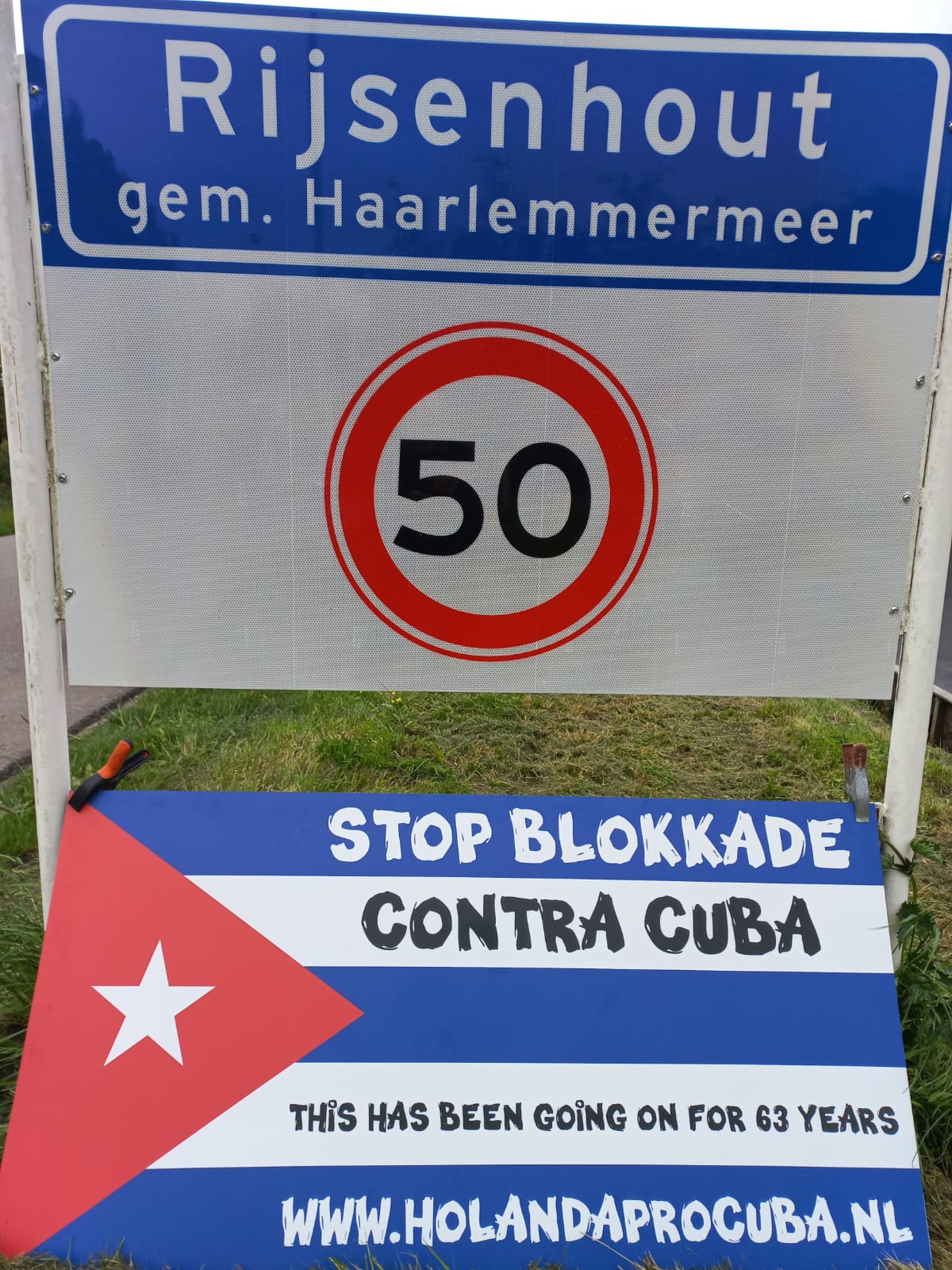 WhatsApp Image 2021-05-20 at 19.09.16
WhatsApp Image 2021-05-20 at 19.09.16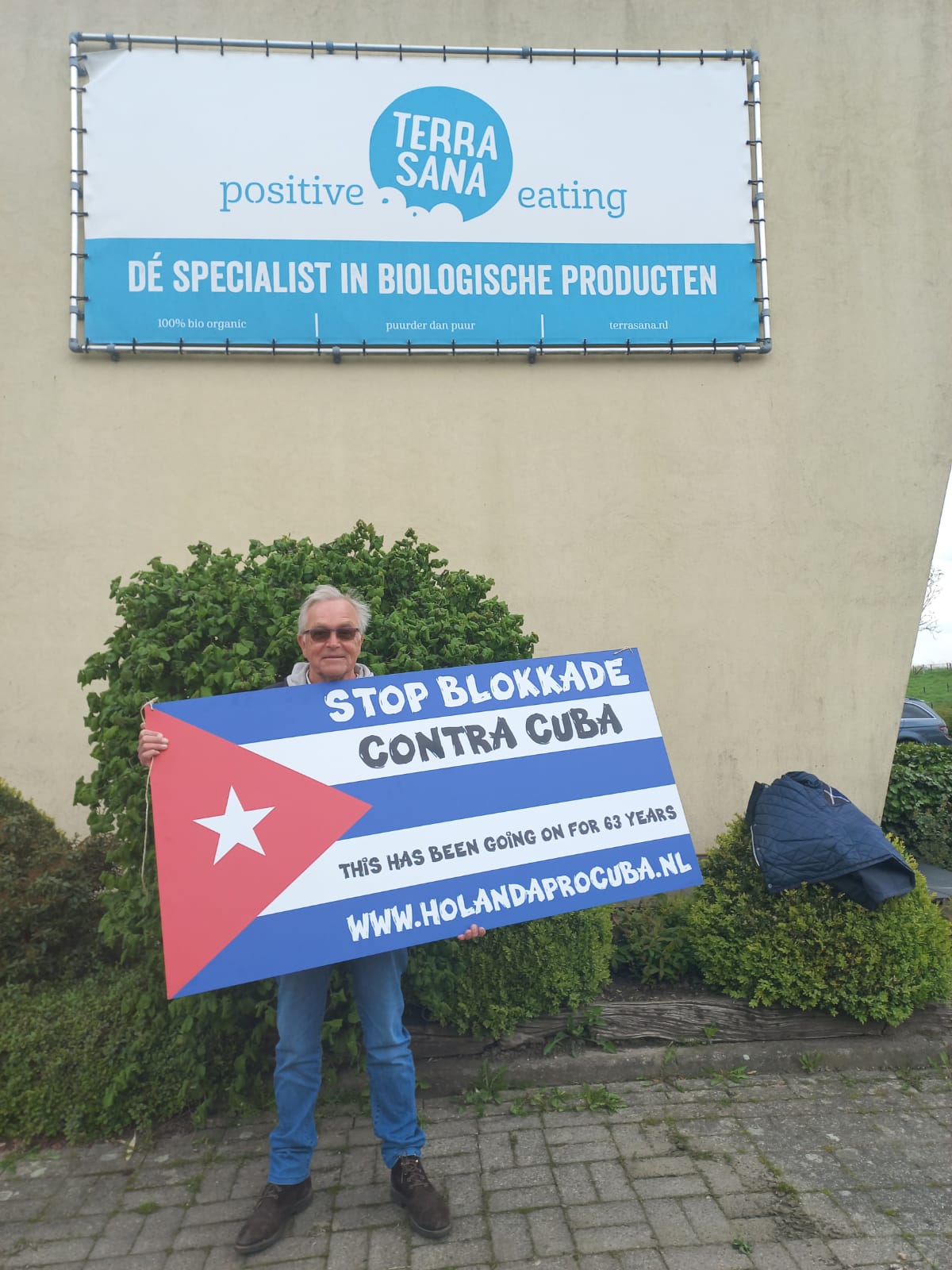 WhatsApp Image 2021-05-20 at 19.08.34
WhatsApp Image 2021-05-20 at 19.08.34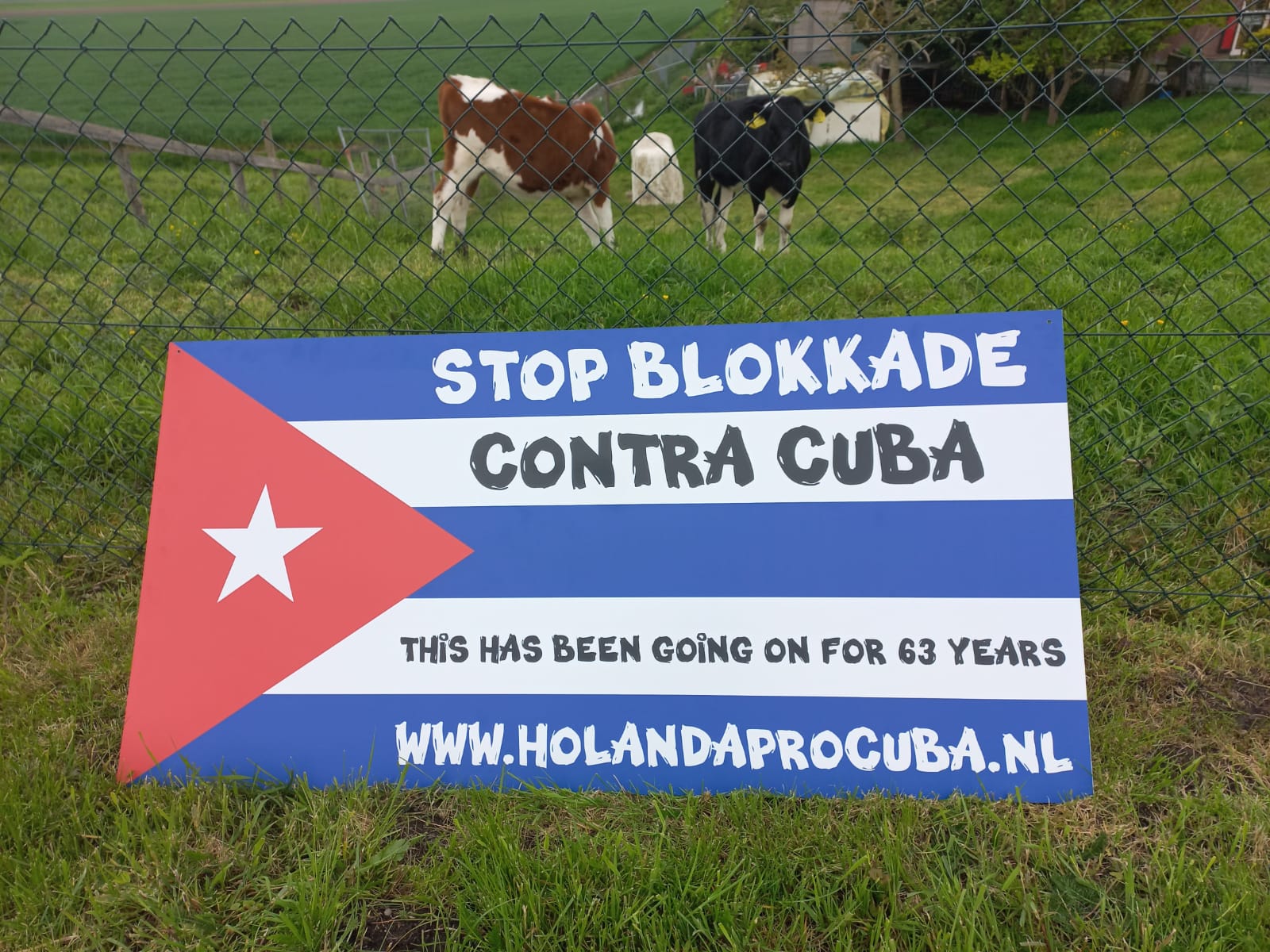 WhatsApp Image 2021-05-20 at 19.08.10
WhatsApp Image 2021-05-20 at 19.08.10 IMG-20210416-WA0000_600px
IMG-20210416-WA0000_600px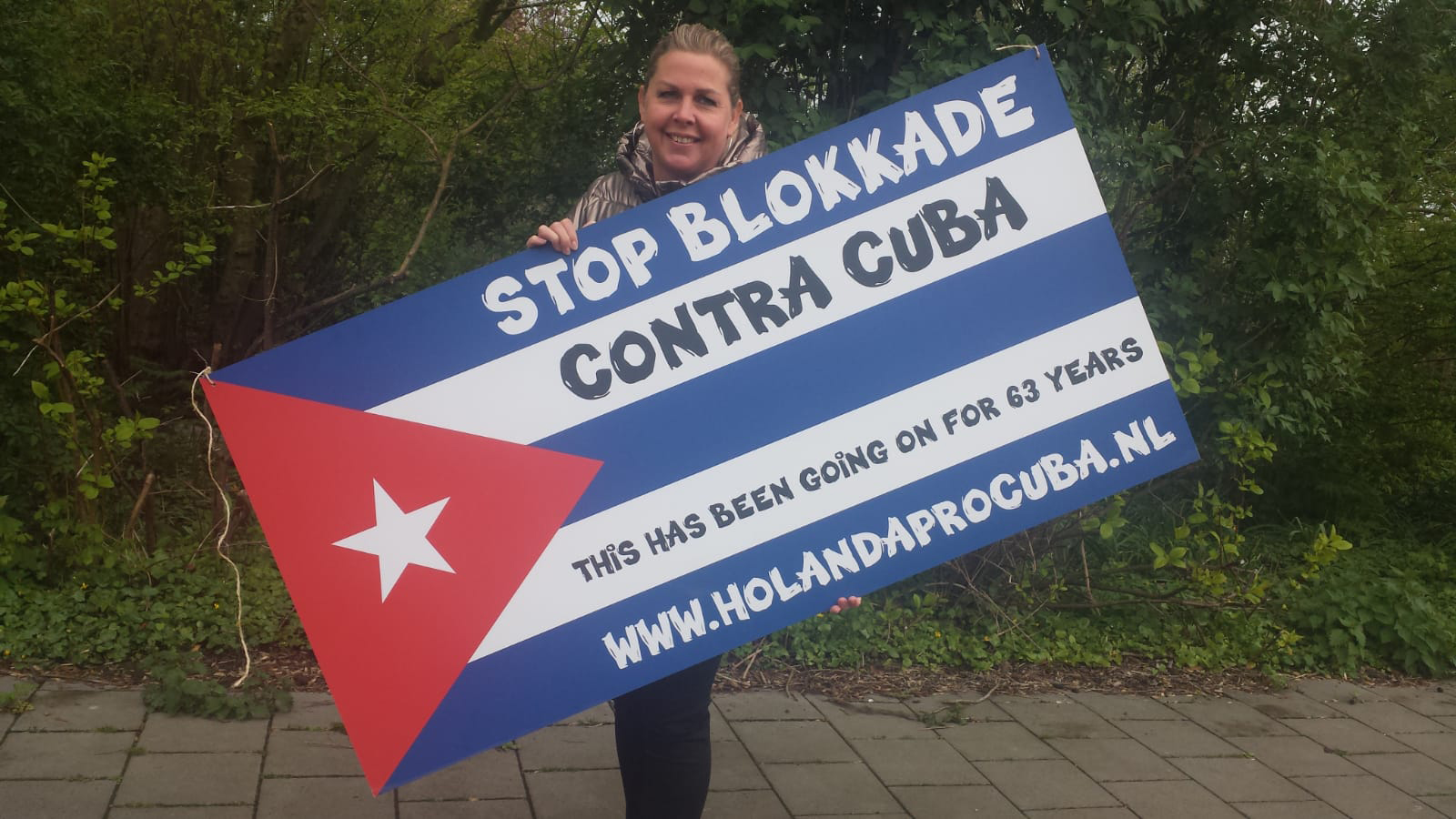 WhatsApp Image 2021-05-08 at 20.15.11
WhatsApp Image 2021-05-08 at 20.15.11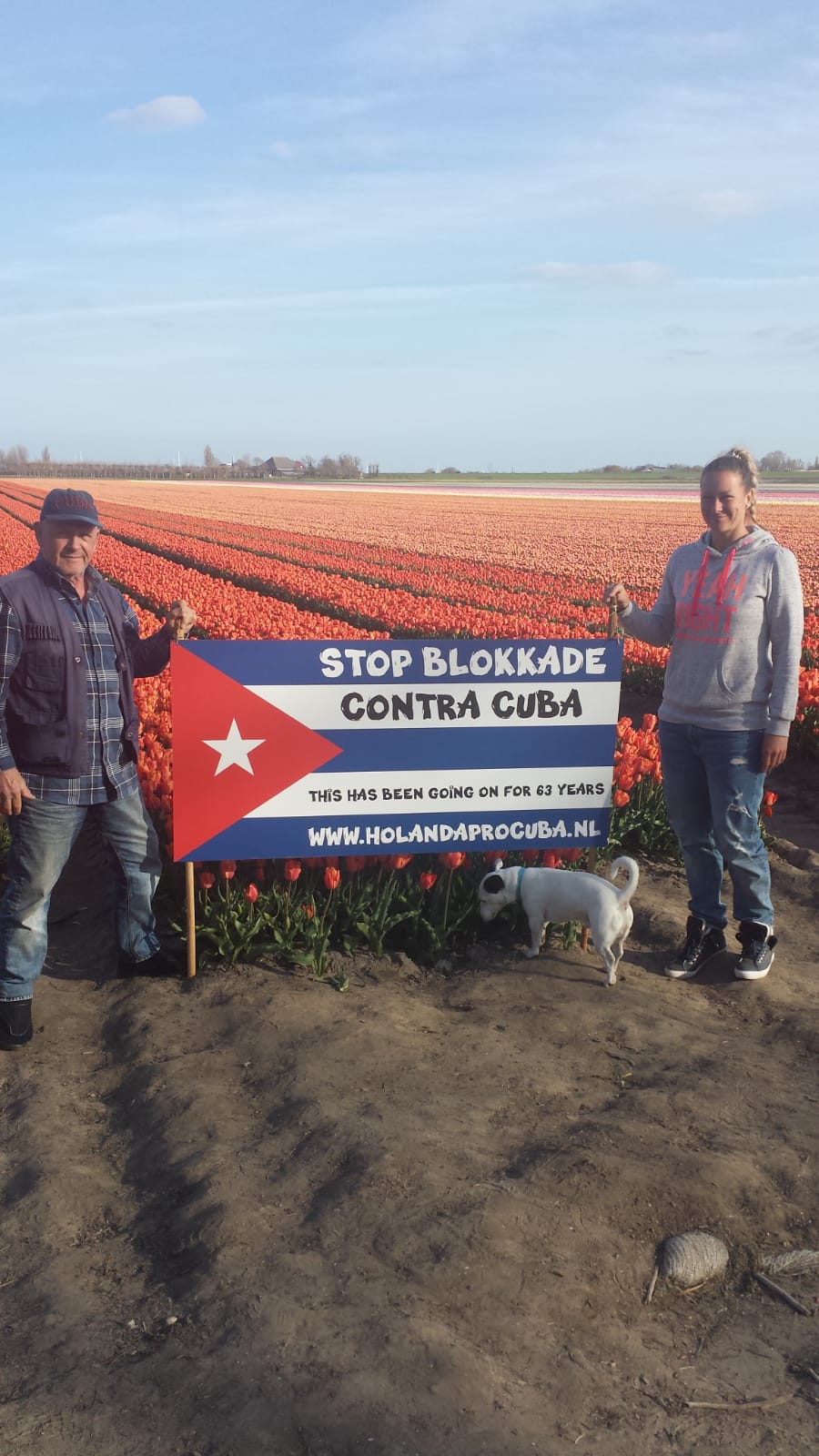 WhatsApp Image 2021-04-26 at 17.59.50
WhatsApp Image 2021-04-26 at 17.59.50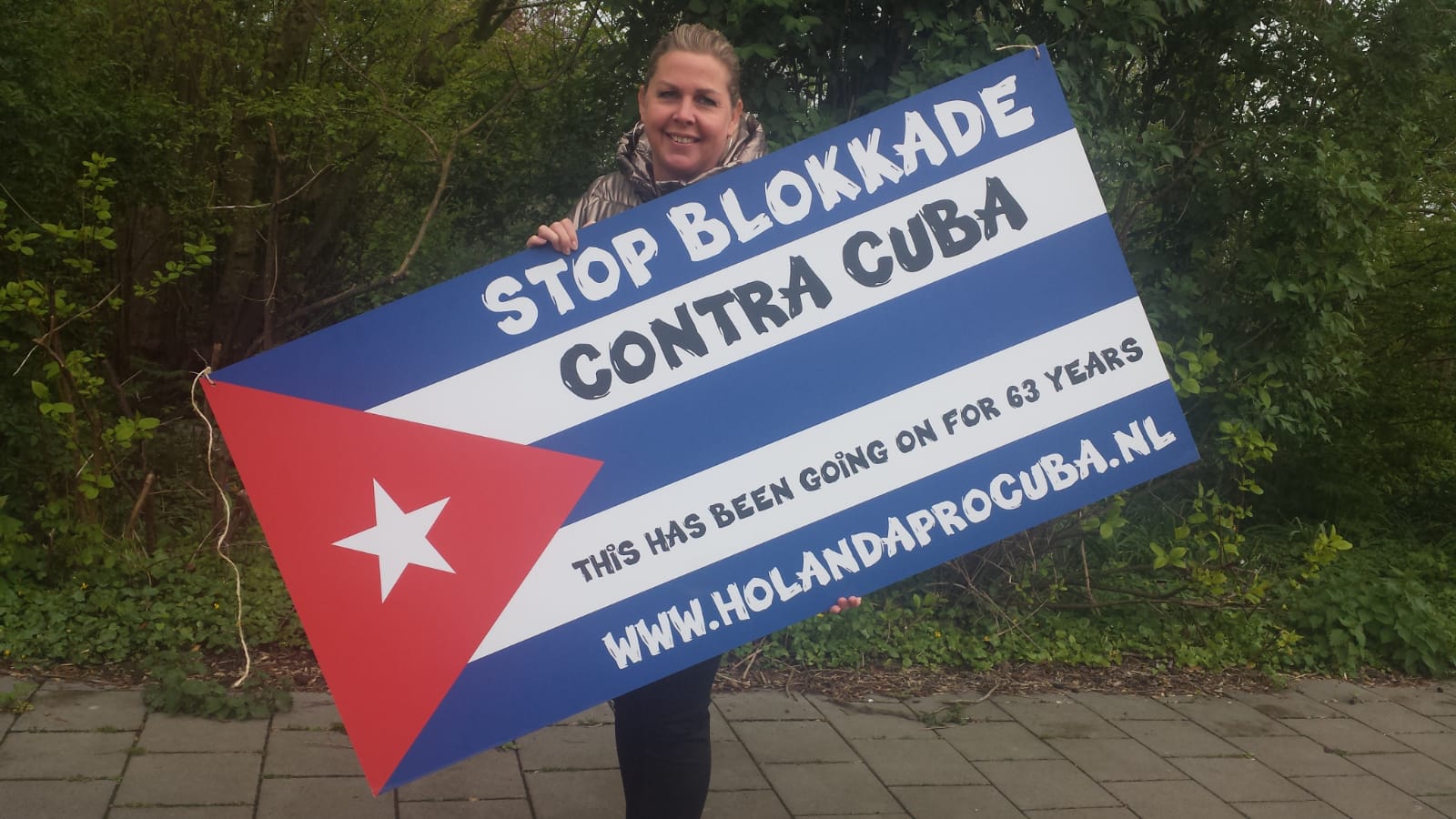 WhatsApp Image 2021-05-08 at 20.15.11
WhatsApp Image 2021-05-08 at 20.15.11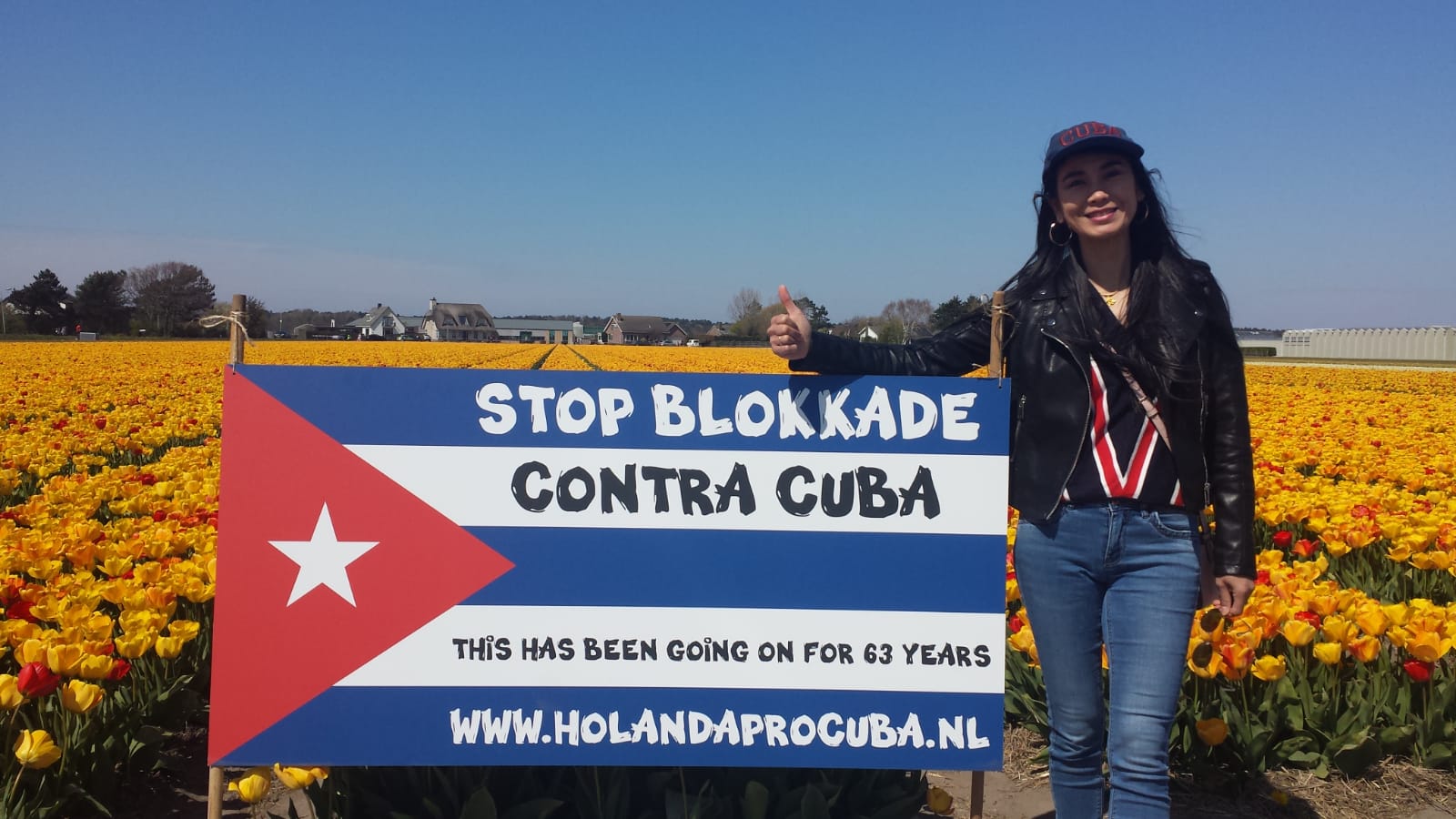 WhatsApp Image 2021-05-11 at 17.26.10
WhatsApp Image 2021-05-11 at 17.26.10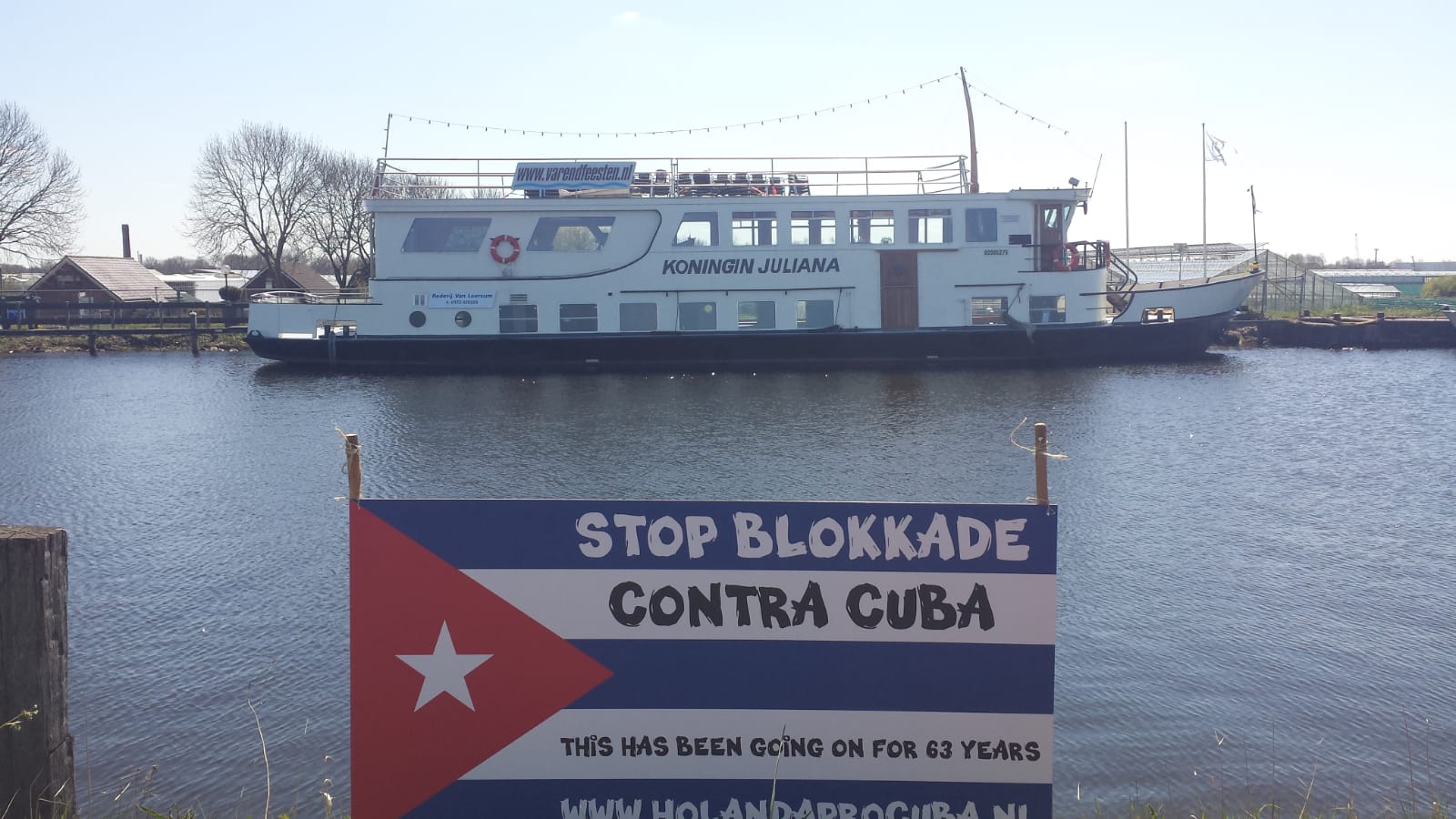 WhatsApp Image 2021-05-11 at 17.27.11
WhatsApp Image 2021-05-11 at 17.27.11 WhatsApp Image 2021-05-11 at 17.27.54
WhatsApp Image 2021-05-11 at 17.27.54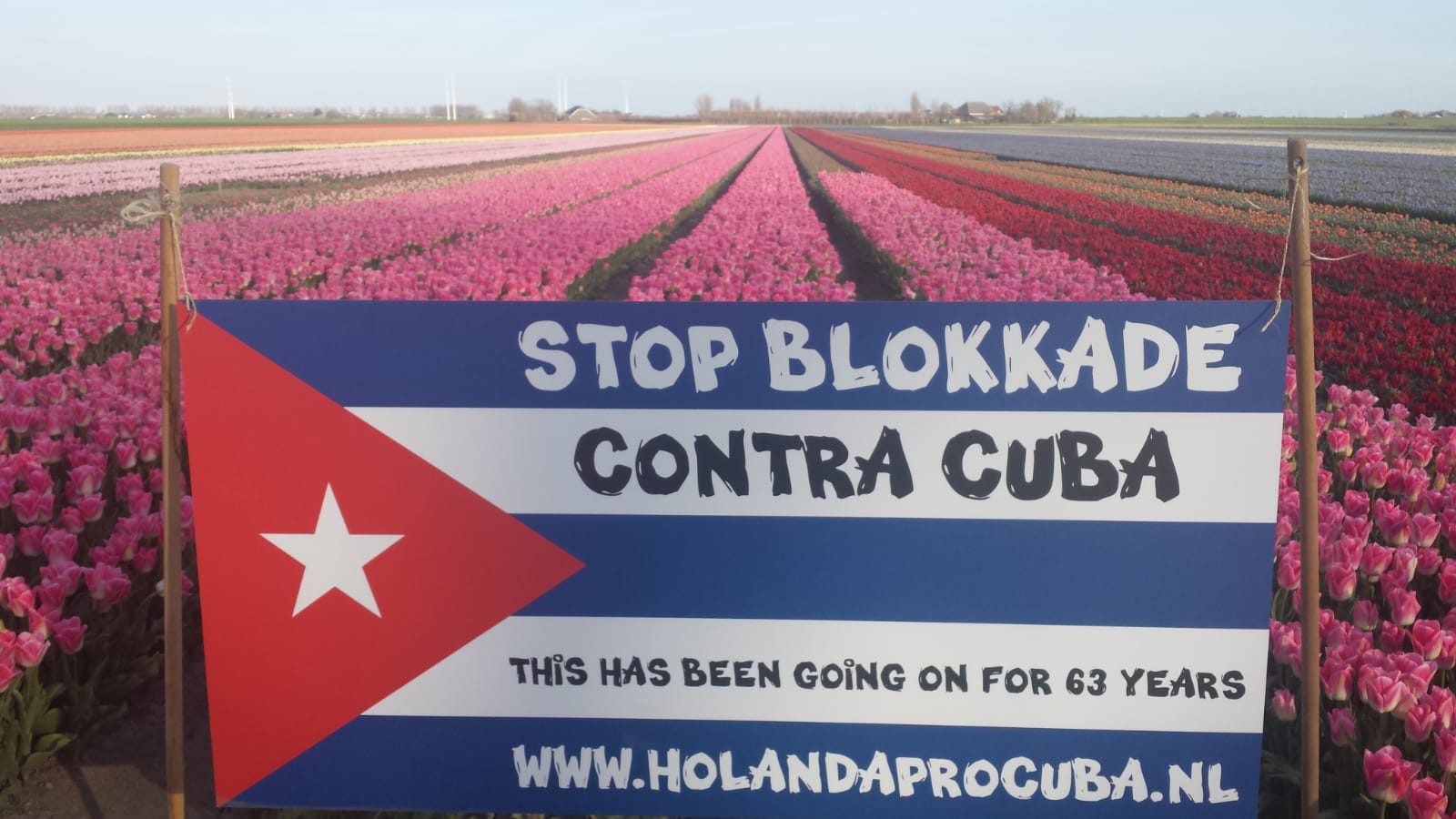 WhatsApp Image 2021-05-11 at 17.28.41
WhatsApp Image 2021-05-11 at 17.28.41 WhatsApp Image 2021-05-11 at 17.29.30
WhatsApp Image 2021-05-11 at 17.29.30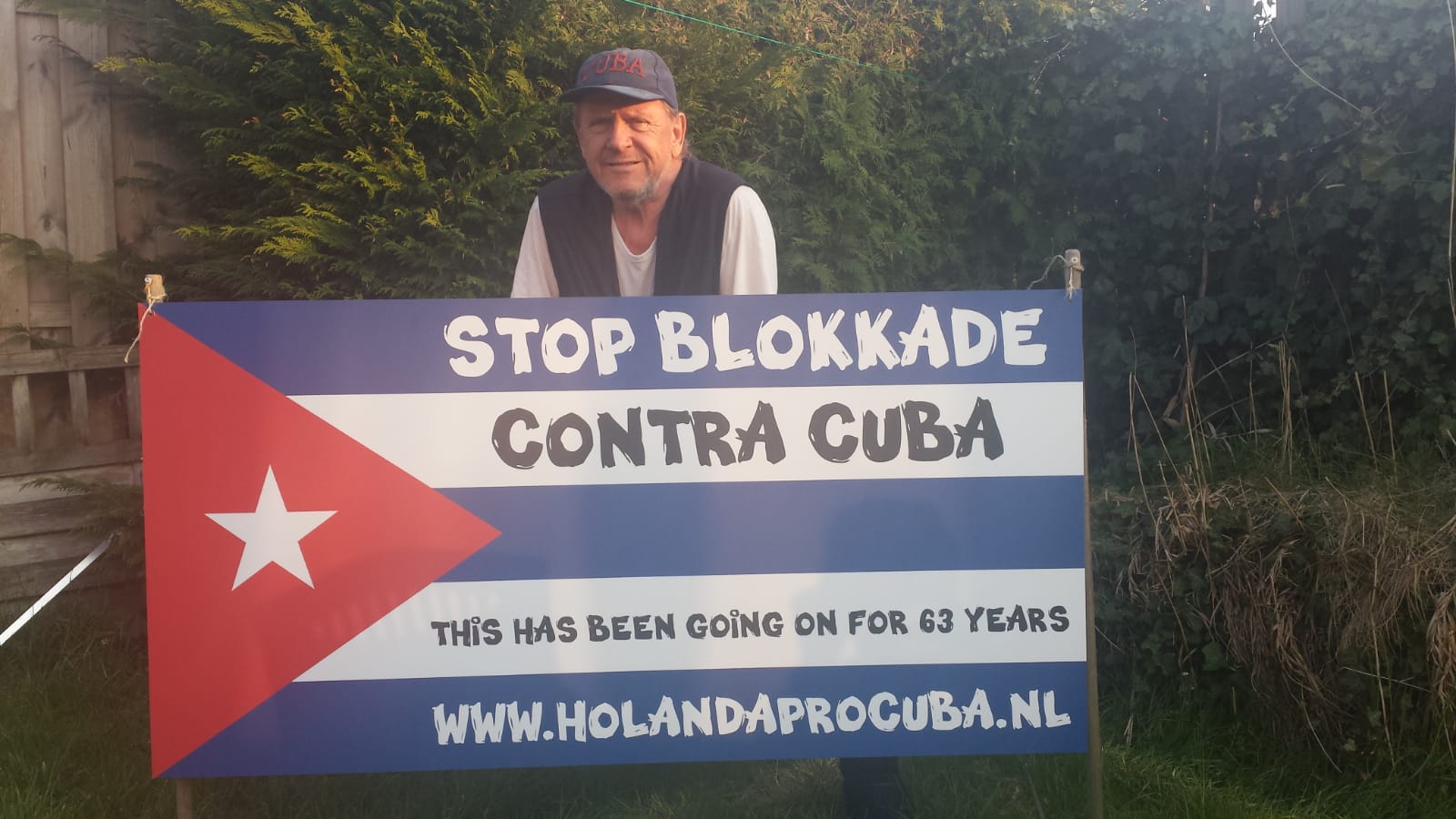 WhatsApp Image 2021-05-11 at 17.30.46
WhatsApp Image 2021-05-11 at 17.30.46Che voor de VN
humanitaire hulp aan Cuba door financiële steun te sturen naar dit bank nummer
Een nieuwe route om ons land te helpen.
Via: Commun Fund of mediCuba-Europe
Bankgegevens:
IBAN: CH61 0900 0000 9104 0331 5
SWIFT: POFICHHBEXXX (Postfinance-Berm)
mediCuba-Europe – 6996 Miglieglia (Zwitserland)
Beschrijving: Humanitaire hulp of
donatie.OPMERKING: VERWIJST NOOIT NAAR CUBA.
Actie: geld verzenden
Voordelen: versneld mechanisme, realiseert aankoopprijzen van medicijnen tegen zeer lage kosten.
Transport: DHL (in 3 dagen producten in Cuba)
Donaties: 100% aankoop van medicijnen
Prioriteiten: naalden + spuiten en dringende aankoop van antibiotica voor intensieve therapieruimten (Antibiotica: Ceftrioxon en Vancomycin)Wat is Swift in bankieren taal?
De Society for Worldwide Interbank Financial Telecommunication (Swift) is een wereldwijd netwerk dat banken verbindt om berichten over activiteiten zoals geldoverdracht veilig en beveiligd te communiceren met behulp van een code. Ongeveer 11.000 leden van SWIFT verzenden dagelijks bijna 33,6 miljoen transacties.humanitaire hulp aan Cuba door financiële steun te sturen naar dit bank nummer
Een nieuwe route om ons land te helpen.
Via: Commun Fund of mediCuba-Europe
Bankgegevens:
IBAN: CH61 0900 0000 9104 0331 5
SWIFT: POFICHHBEXXX (Postfinance-Berm)
mediCuba-Europe – 6996 Miglieglia (Zwitserland)
Beschrijving: Humanitaire hulp of
donatie.OPMERKING: VERWIJST NOOIT NAAR CUBA.
Actie: geld verzenden
Voordelen: versneld mechanisme, realiseert aankoopprijzen van medicijnen tegen zeer lage kosten.
Transport: DHL (in 3 dagen producten in Cuba)
Donaties: 100% aankoop van medicijnen
Prioriteiten: naalden + spuiten en dringende aankoop van antibiotica voor intensieve therapieruimten (Antibiotica: Ceftrioxon en Vancomycin)Wat is Swift in bankieren taal?
De Society for Worldwide Interbank Financial Telecommunication (Swift) is een wereldwijd netwerk dat banken verbindt om berichten over activiteiten zoals geldoverdracht veilig en beveiligd te communiceren met behulp van een code. Ongeveer 11.000 leden van SWIFT verzenden dagelijks bijna 33,6 miljoen transacties.Petitie

Artikel over China en Cuba
Promo 25 jaar liefde voor Cuba
RALLY TO SUPPORT JUNE 23
RALLY TO SUPPORT JUNE 23 UN VOTE TO END US BLOCKADE OF CUBA. DEMAND BIDEN FULFILL PROMISE TO NORMALIZE US-CUBA RELATIONS.
When: 12 noon, Sunday, June 20, 2021
Where: Old US post office @ LAX. 5800 W. Century Blvd. @ Airport (across from Marriott)
We are joining the worldwide wide campaign to protest the US blockade of Cuba and join with the virtually unanimous decision by UN affiliated nations to end the blockade.
Cell: Mark Friedman: 310.350.7515, Brenda Lopez: 310.259.9441
(Please call Mark first since he is more readily available)
“Every day we must fight because that love for living humanity is transformed into concrete facts, in acts that serve as an example, as a mobilization. ” Che







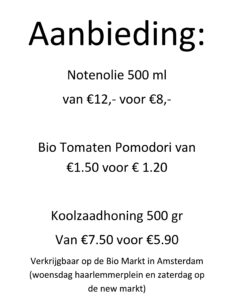
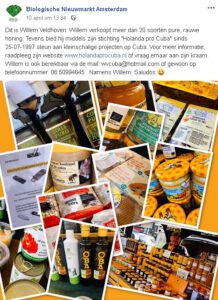

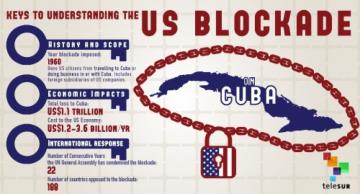
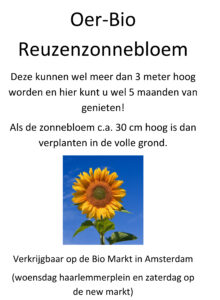

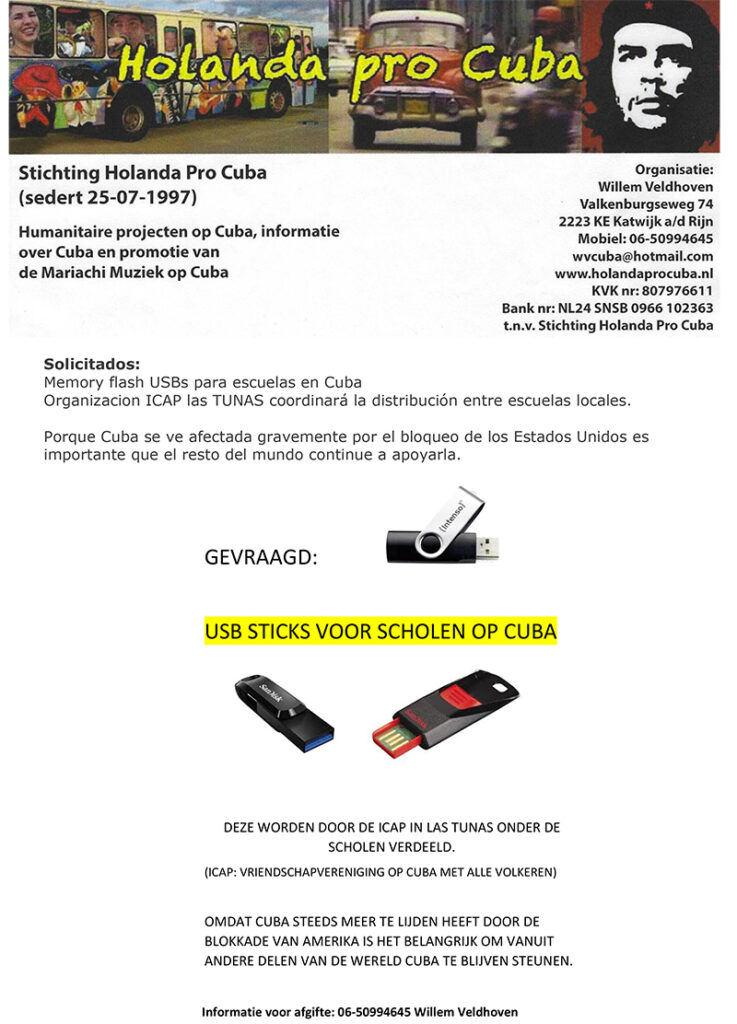

















 NEW heerlijke bittere bio sinaasappel Marmelade met 30 % honing of met 30 % bio rietsuiker. Home made .Ik kan nog niet naar Cuba, dan maar hier Marmelade maken voor kleinschalige projecten op Cuba. Bij Willem op de markt . Waar? 06 50994645
NEW heerlijke bittere bio sinaasappel Marmelade met 30 % honing of met 30 % bio rietsuiker. Home made .Ik kan nog niet naar Cuba, dan maar hier Marmelade maken voor kleinschalige projecten op Cuba. Bij Willem op de markt . Waar? 06 50994645






